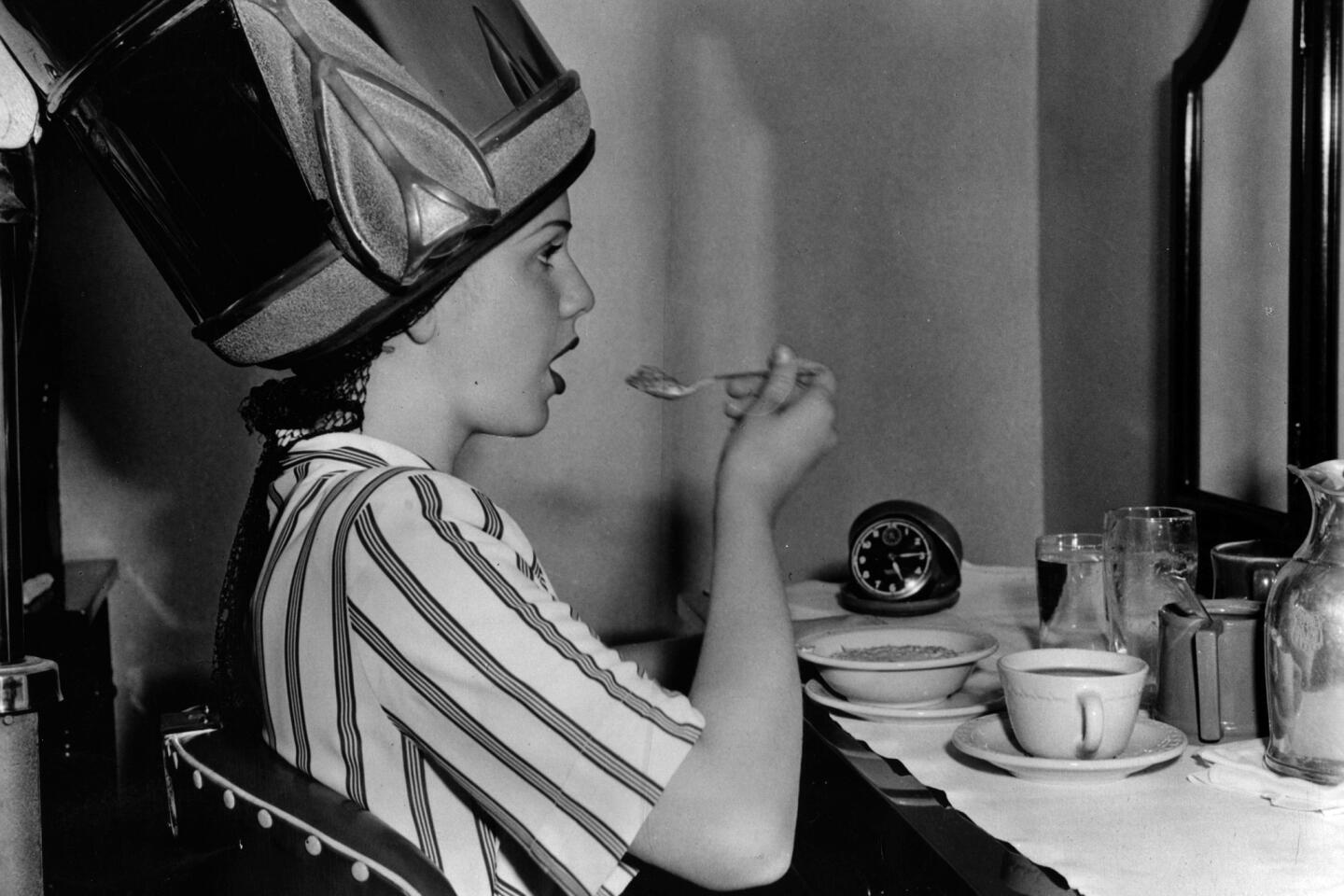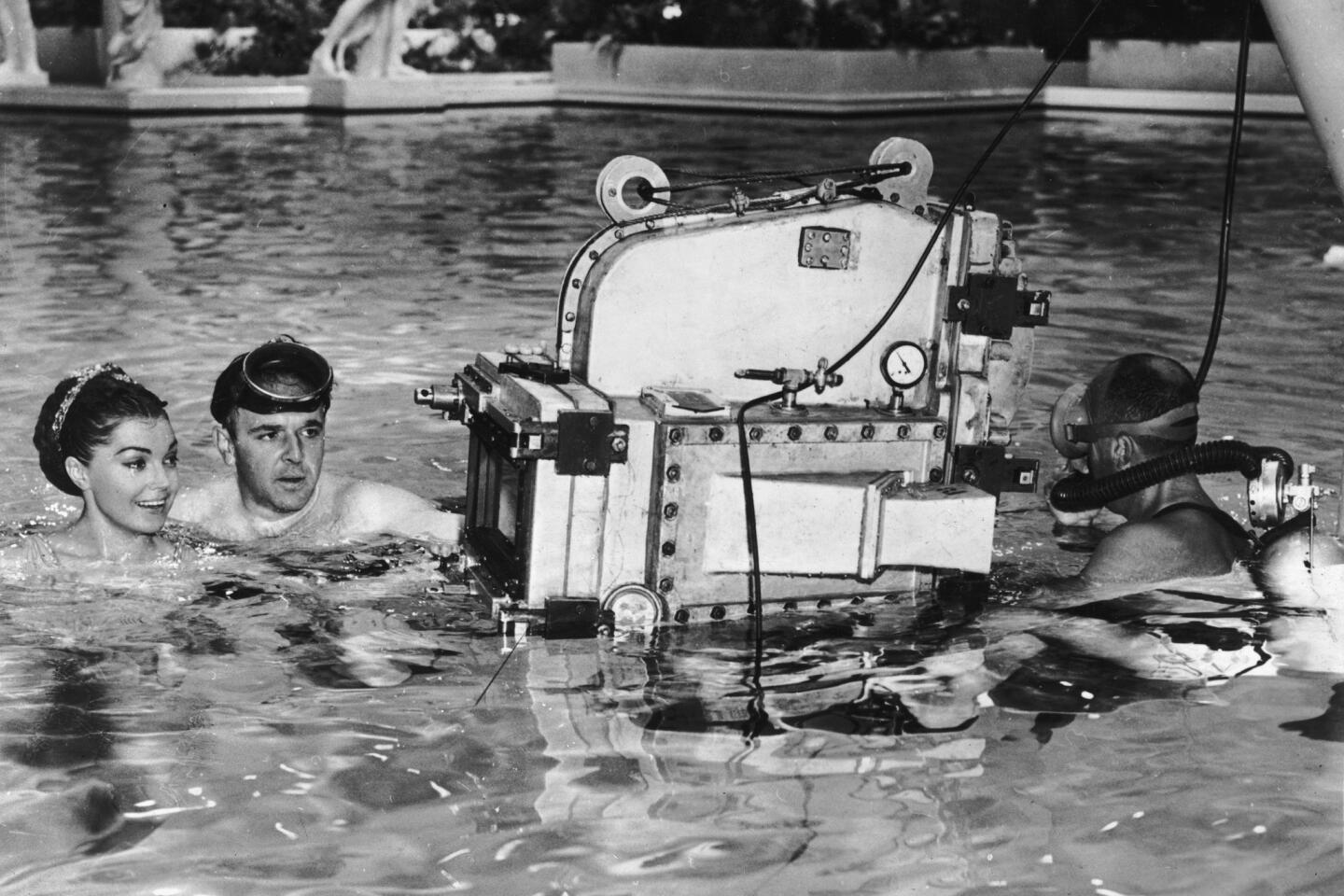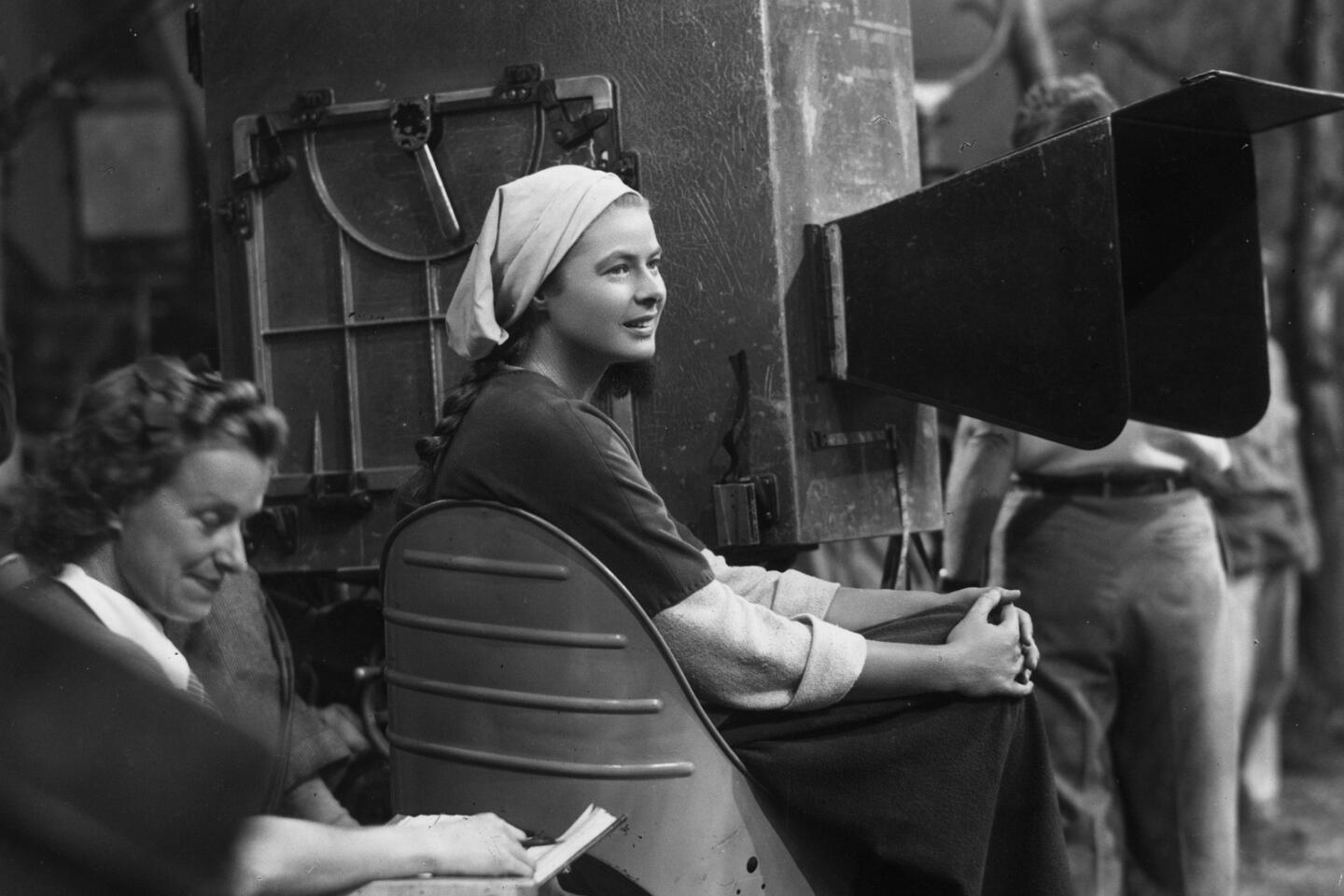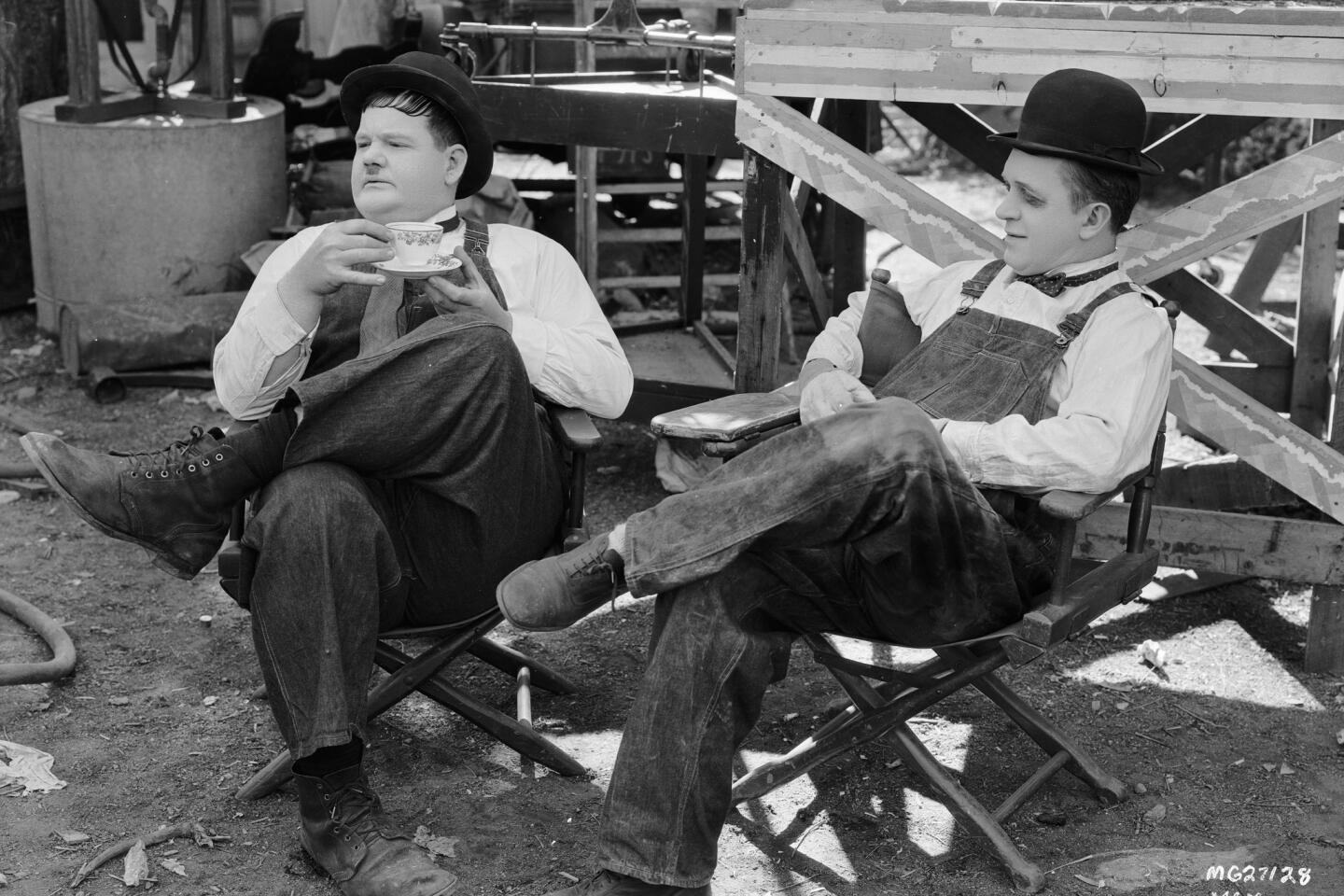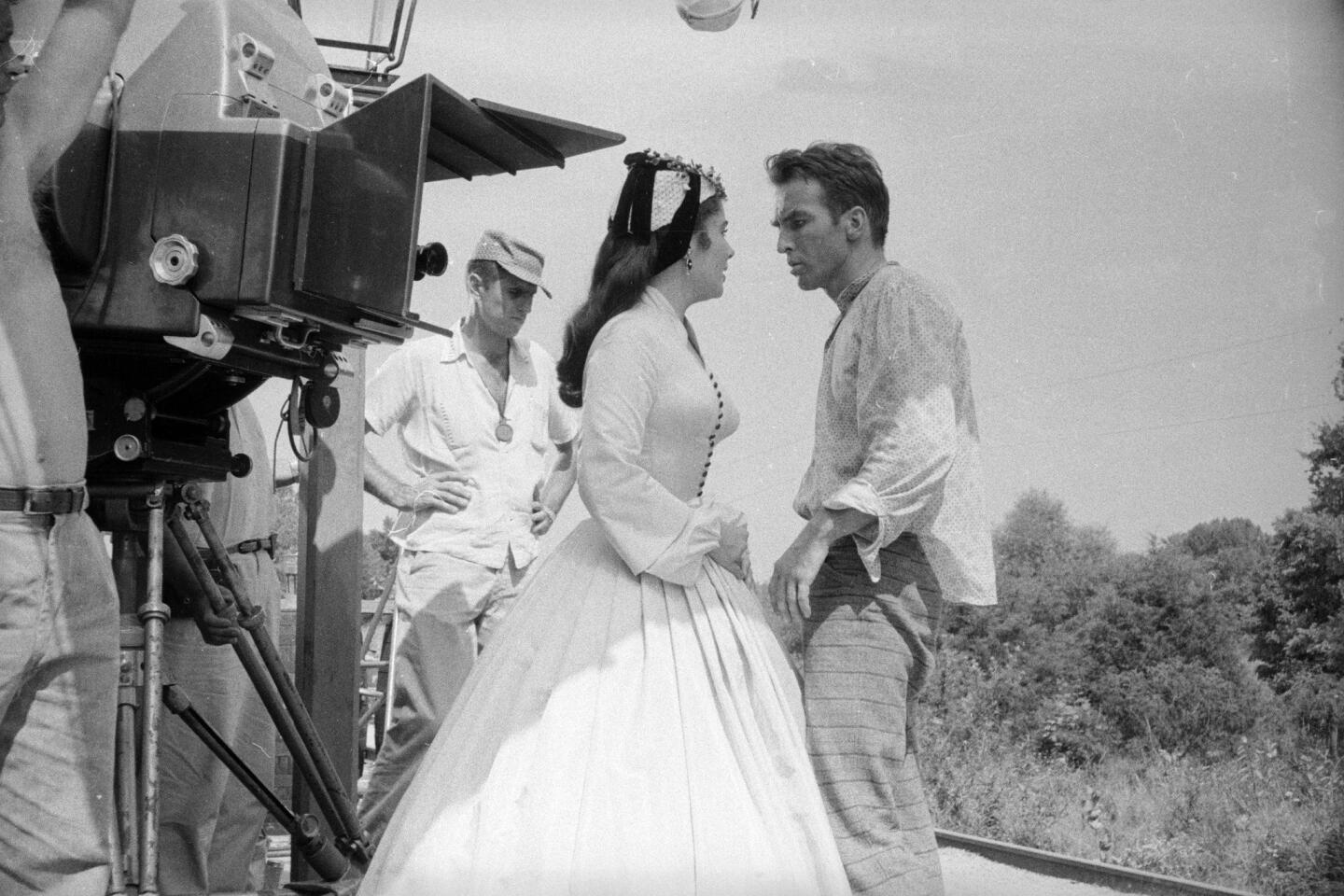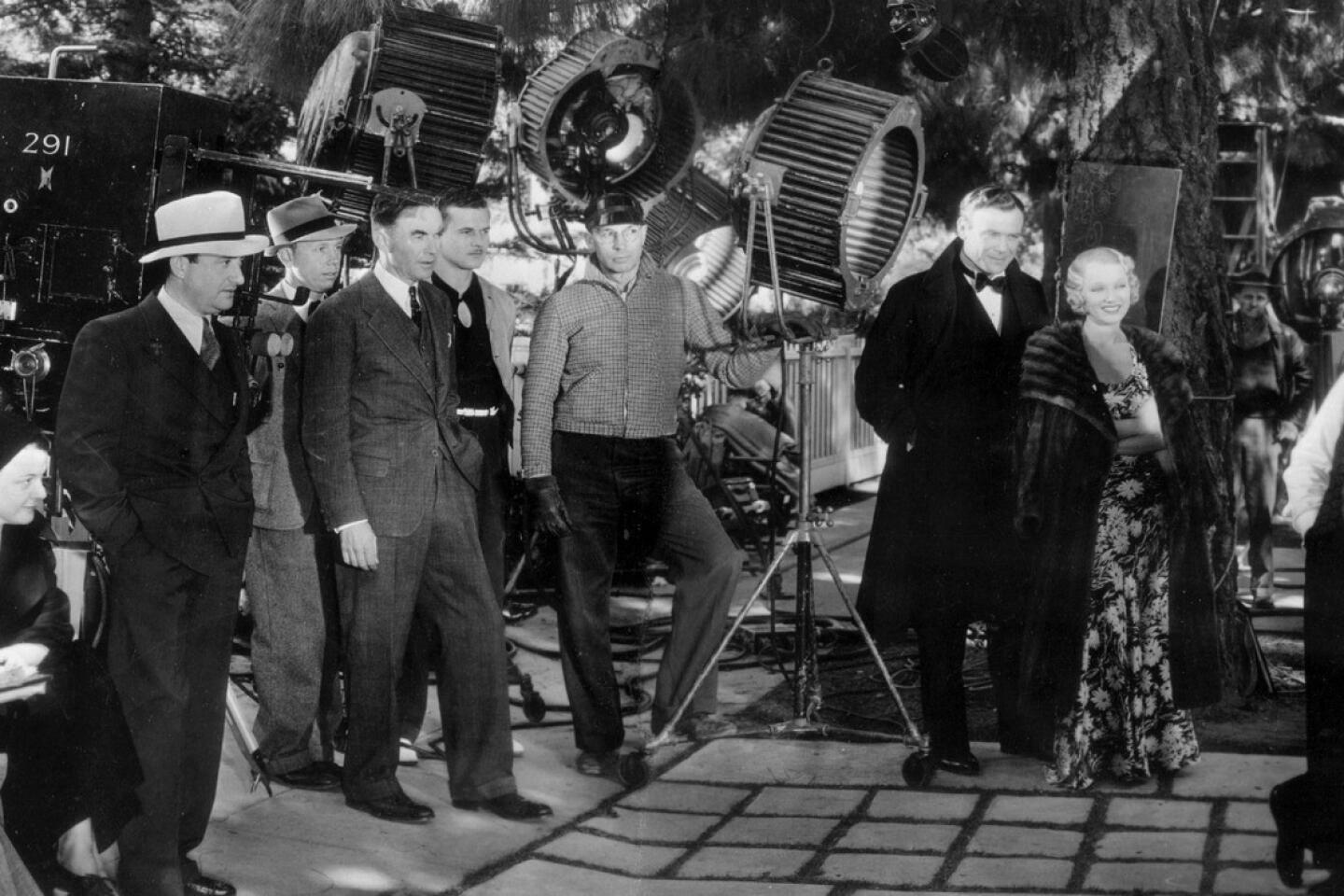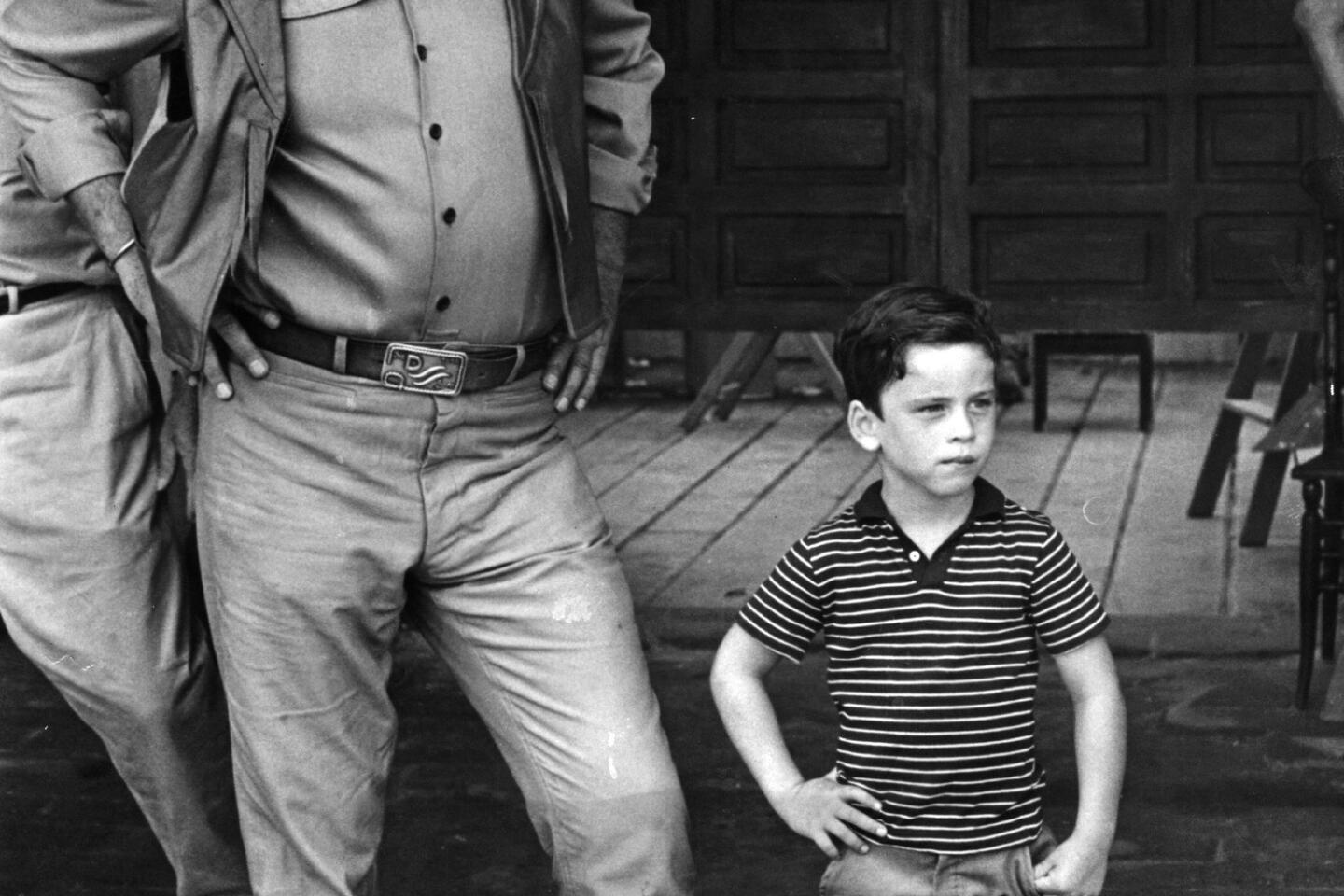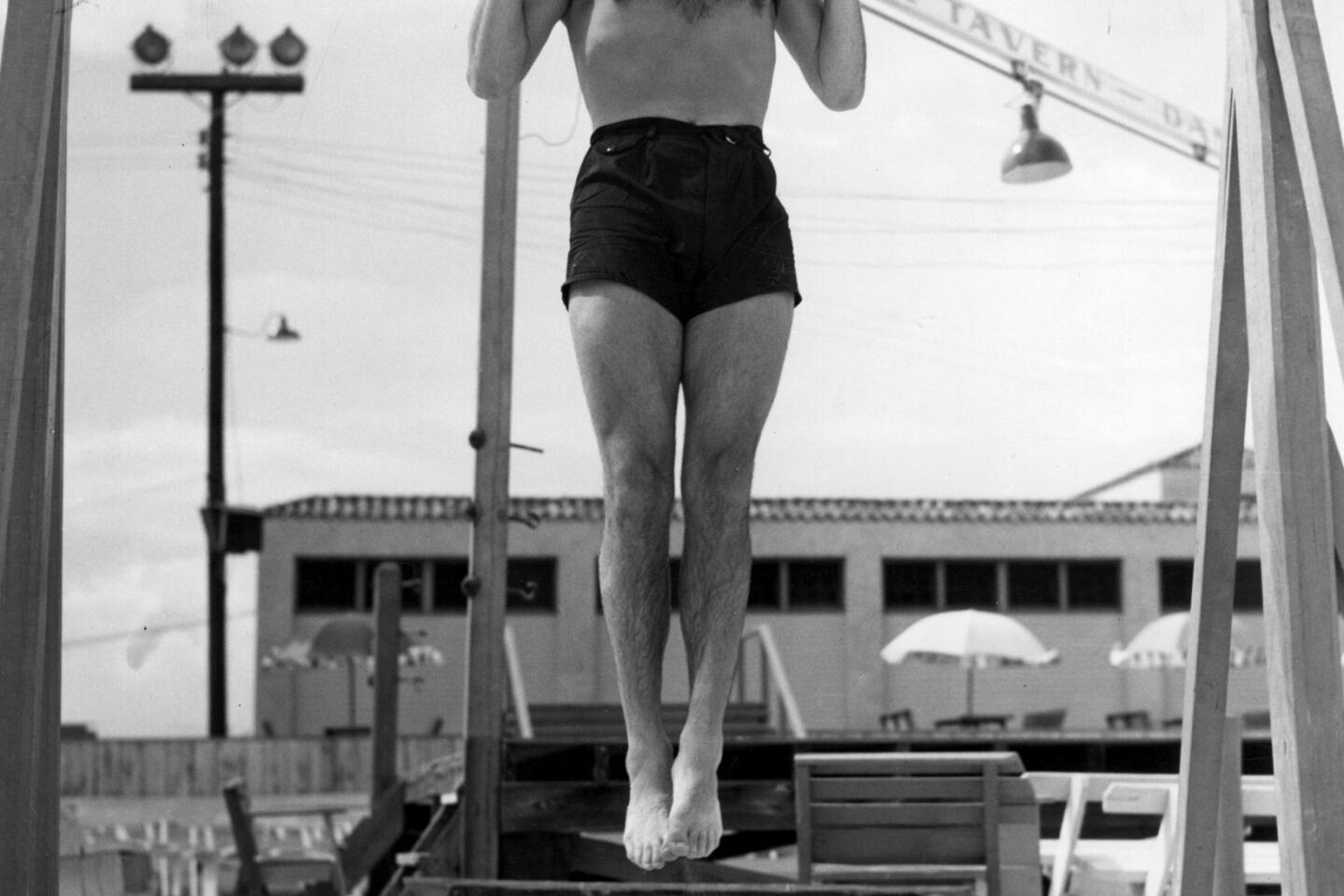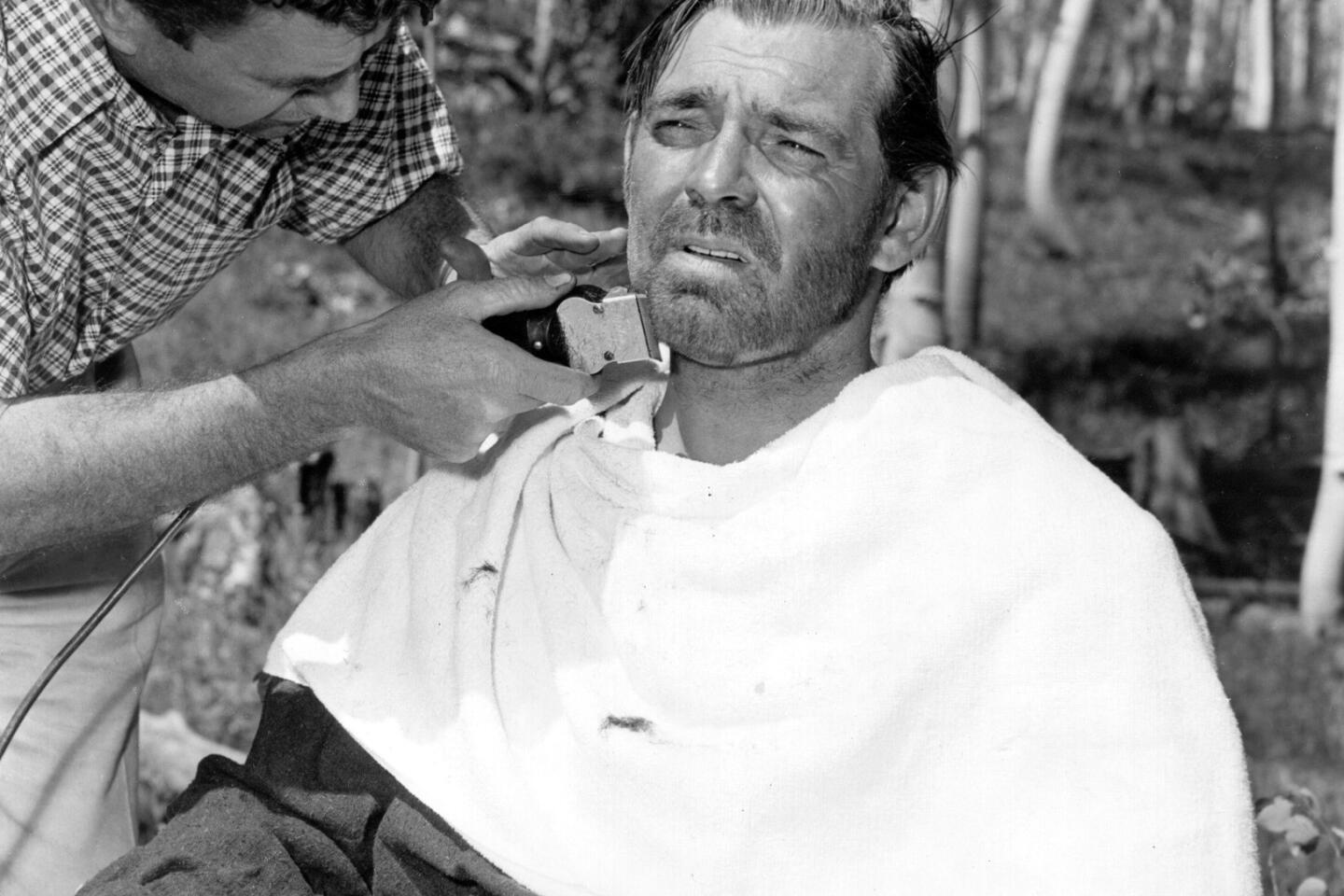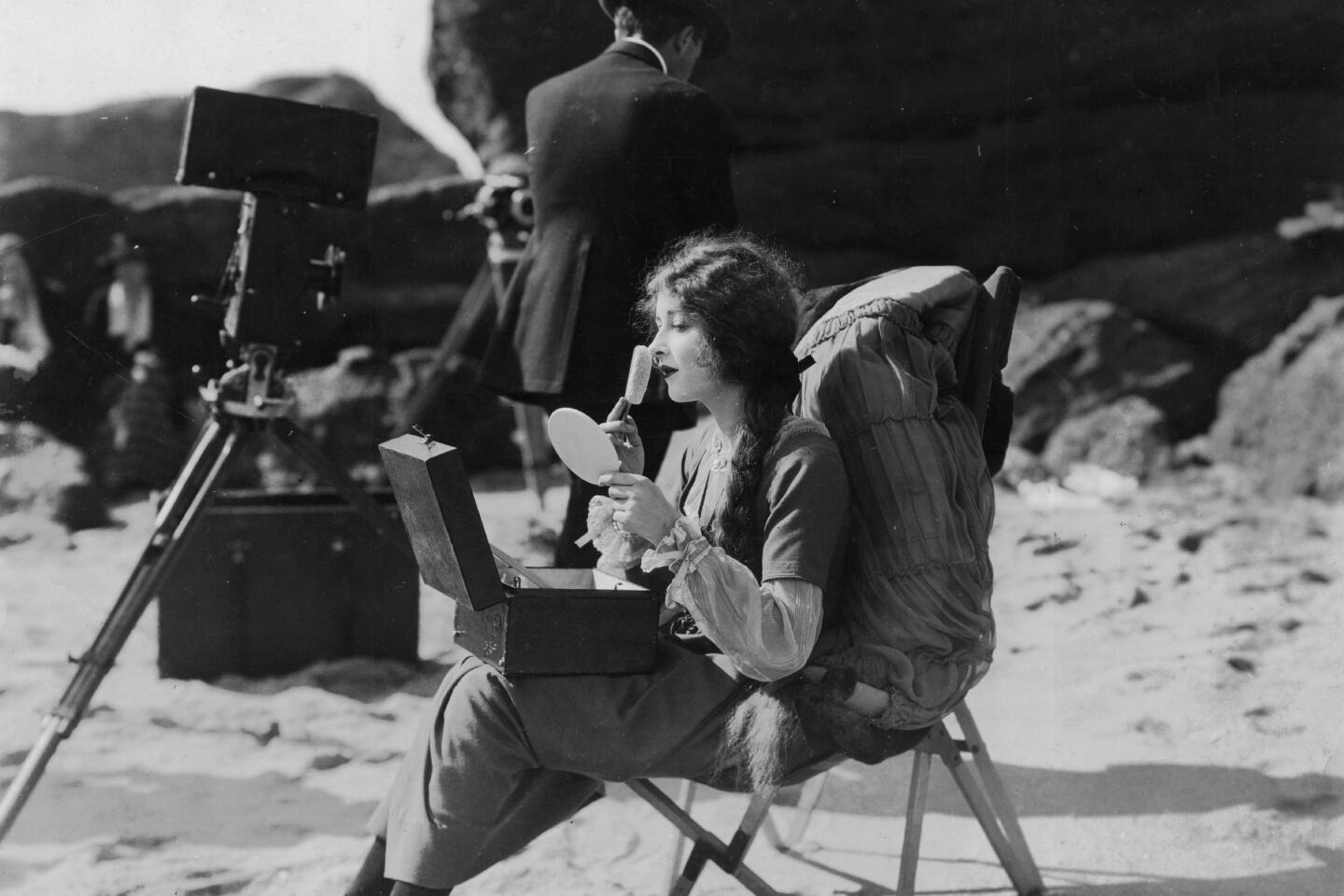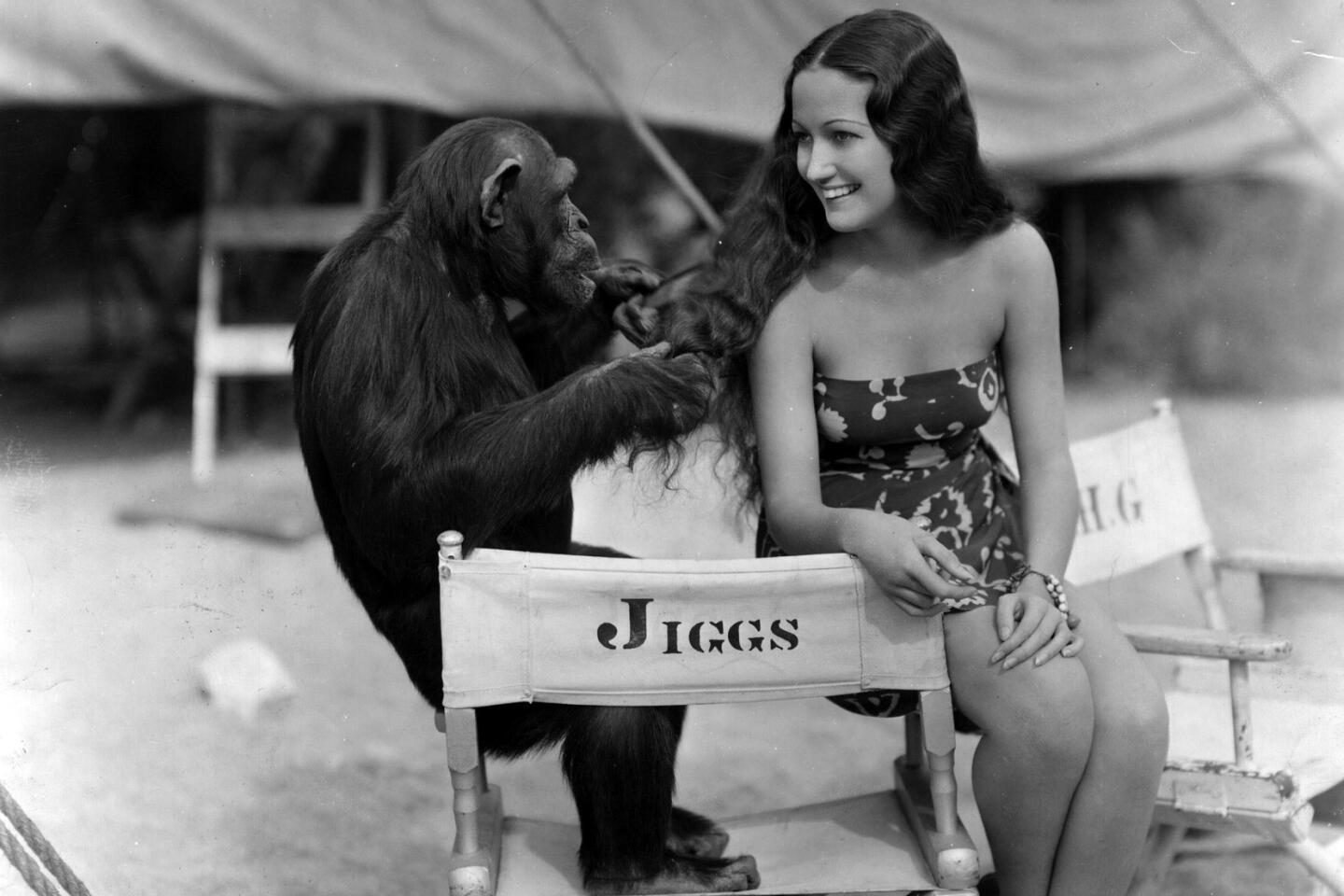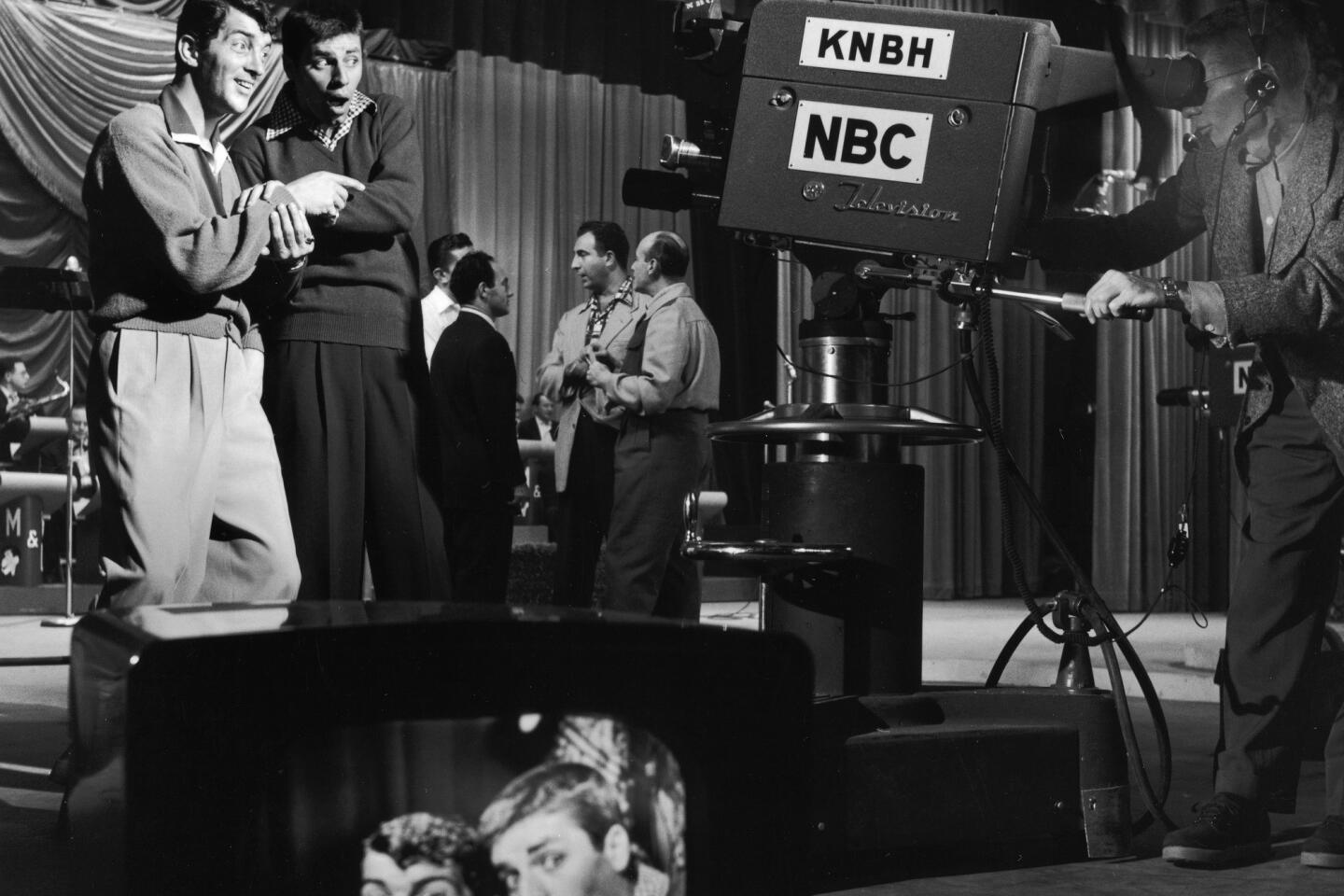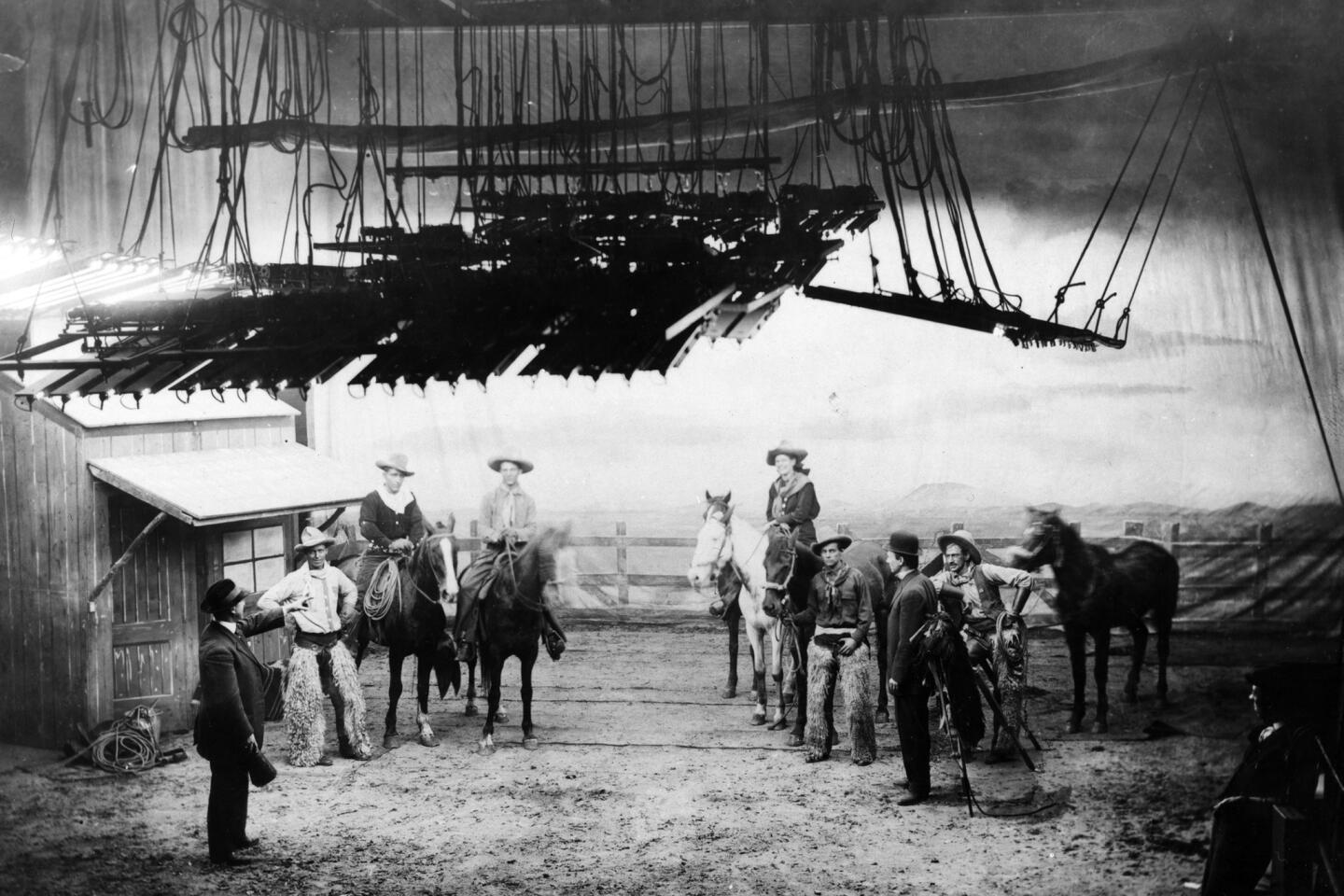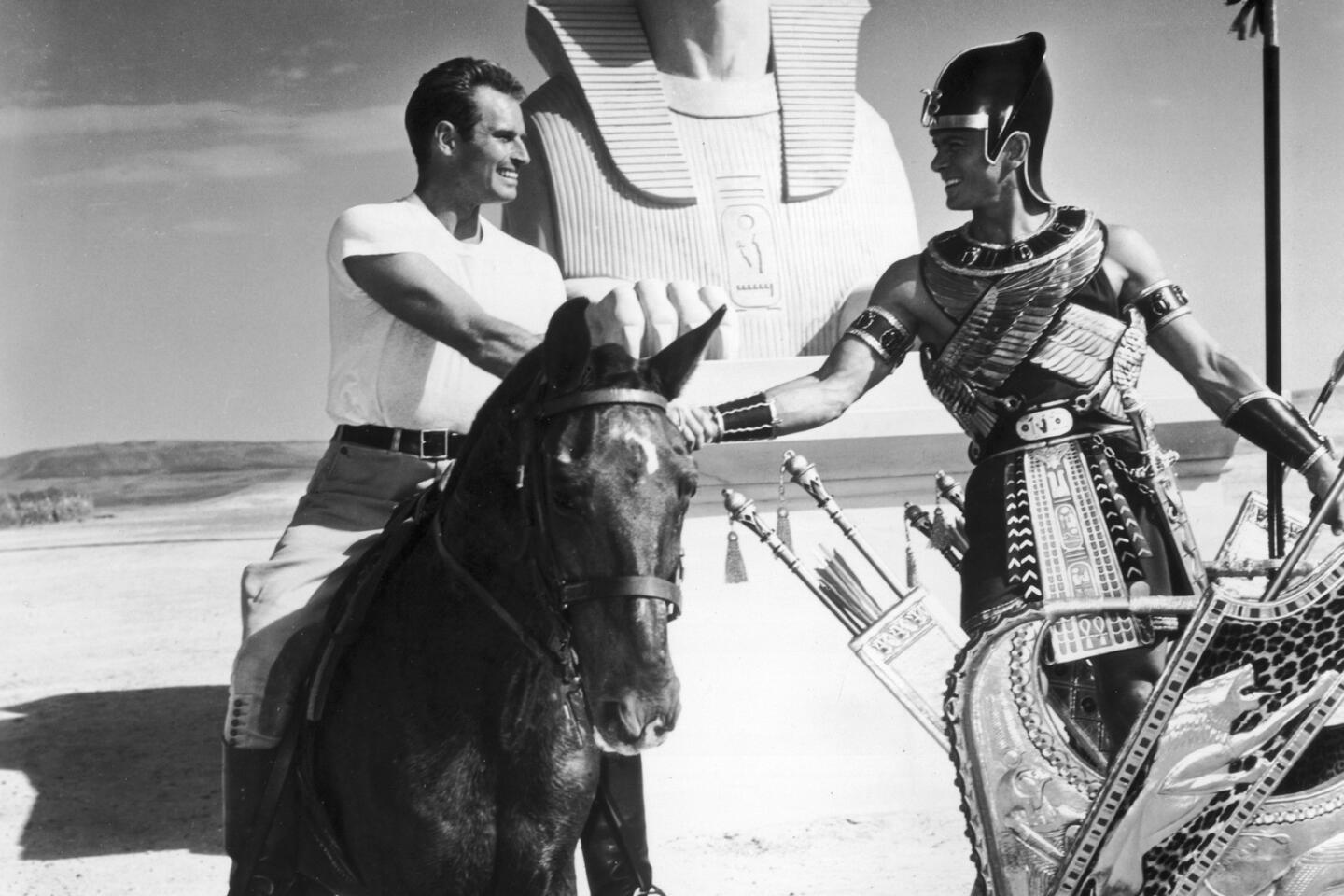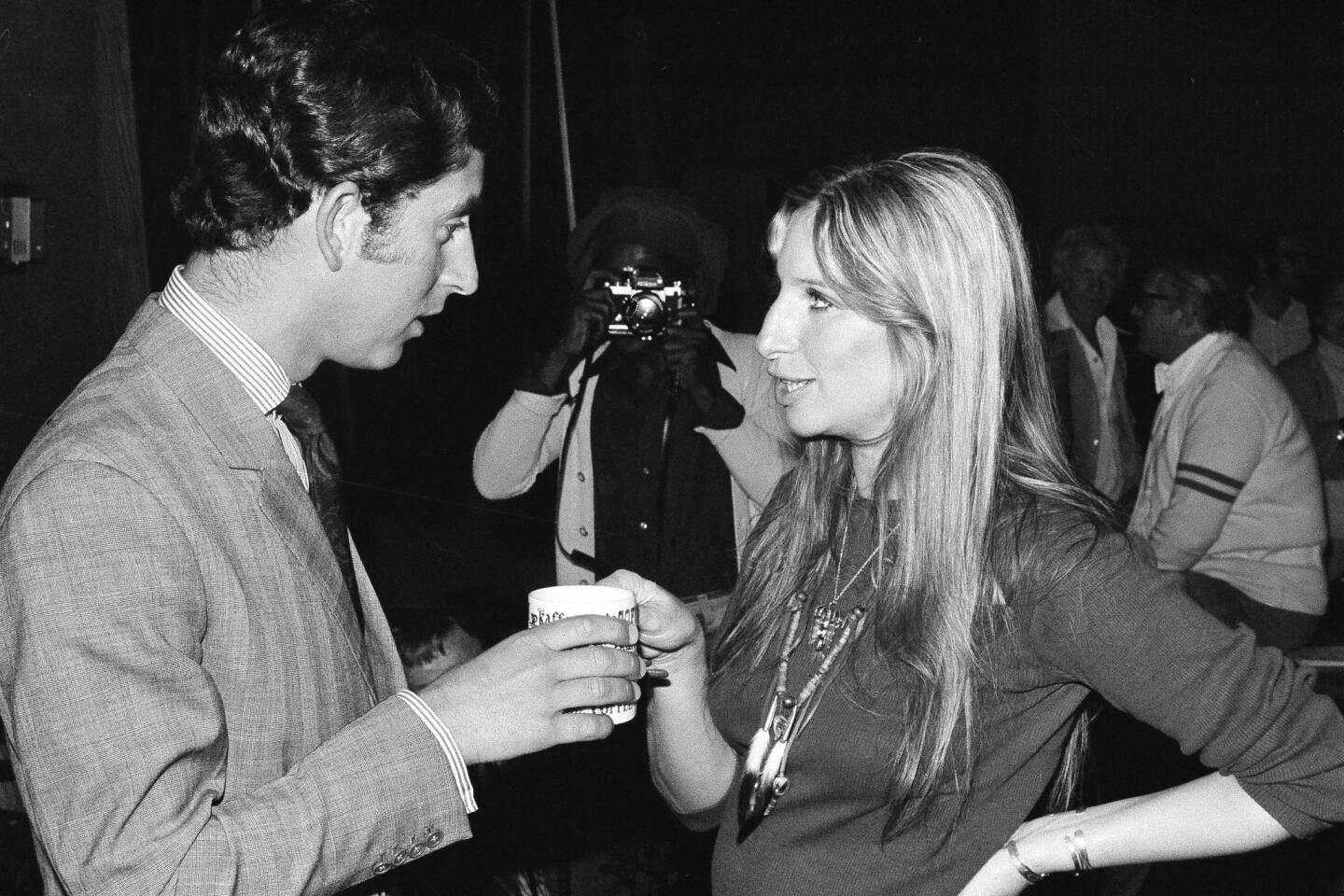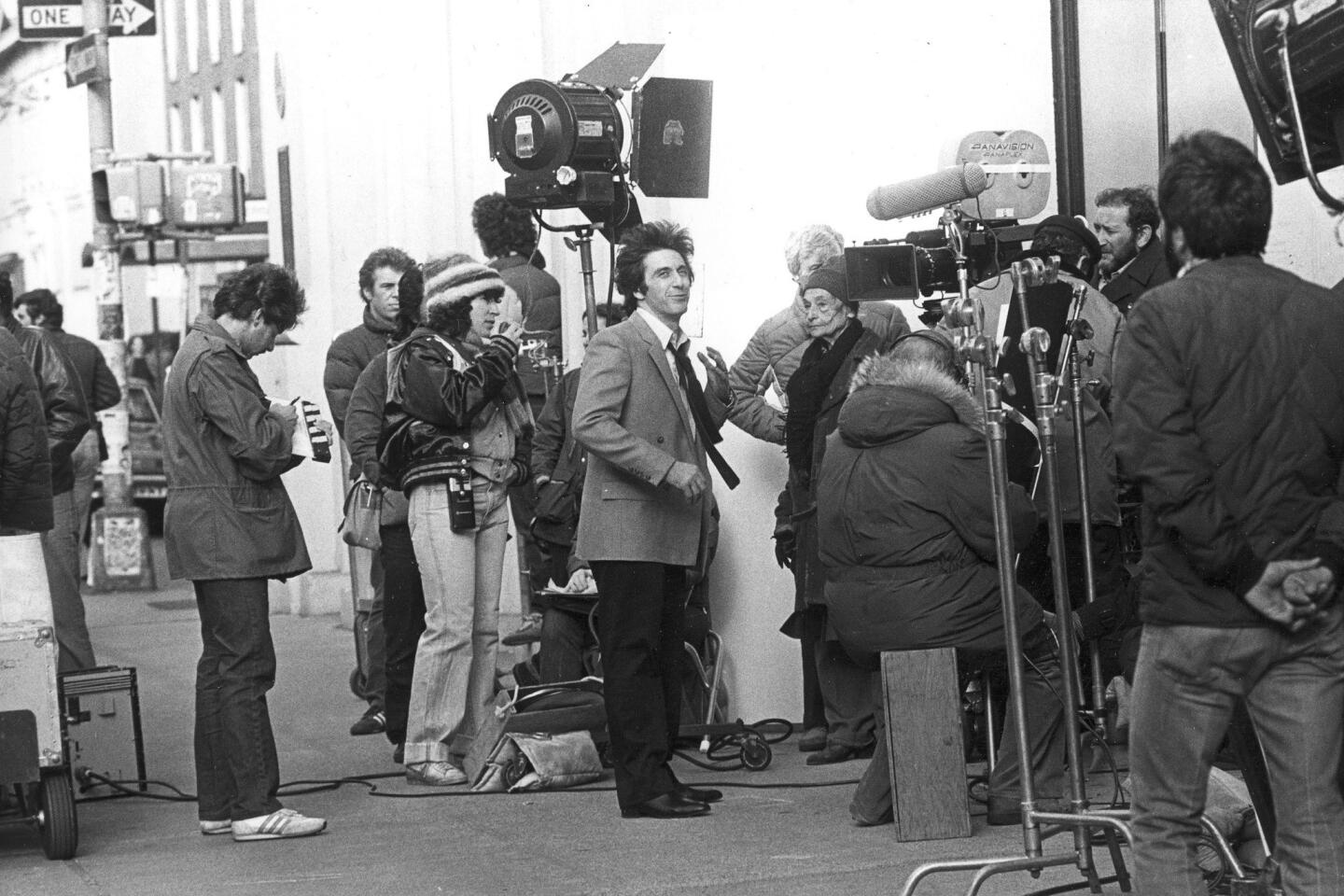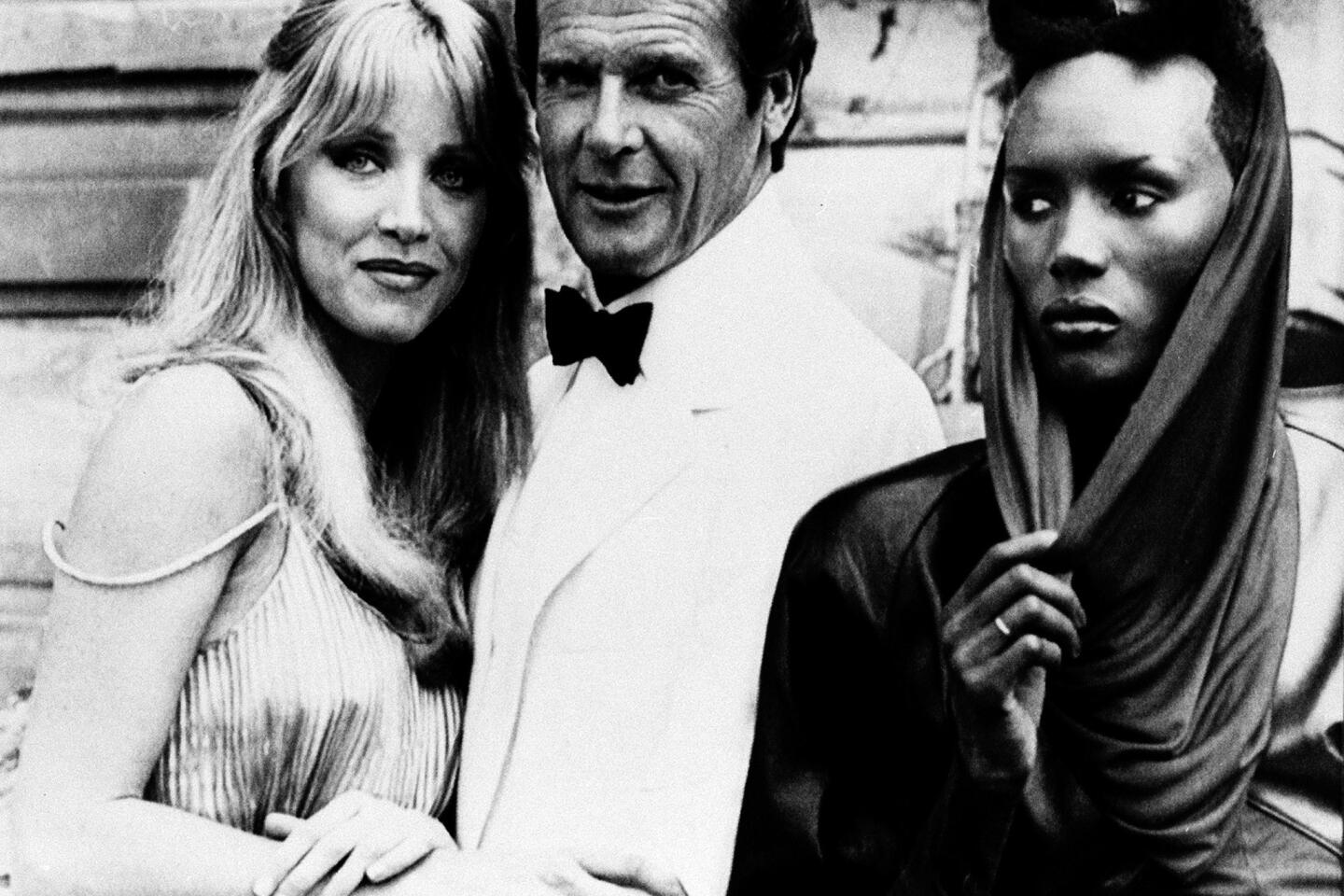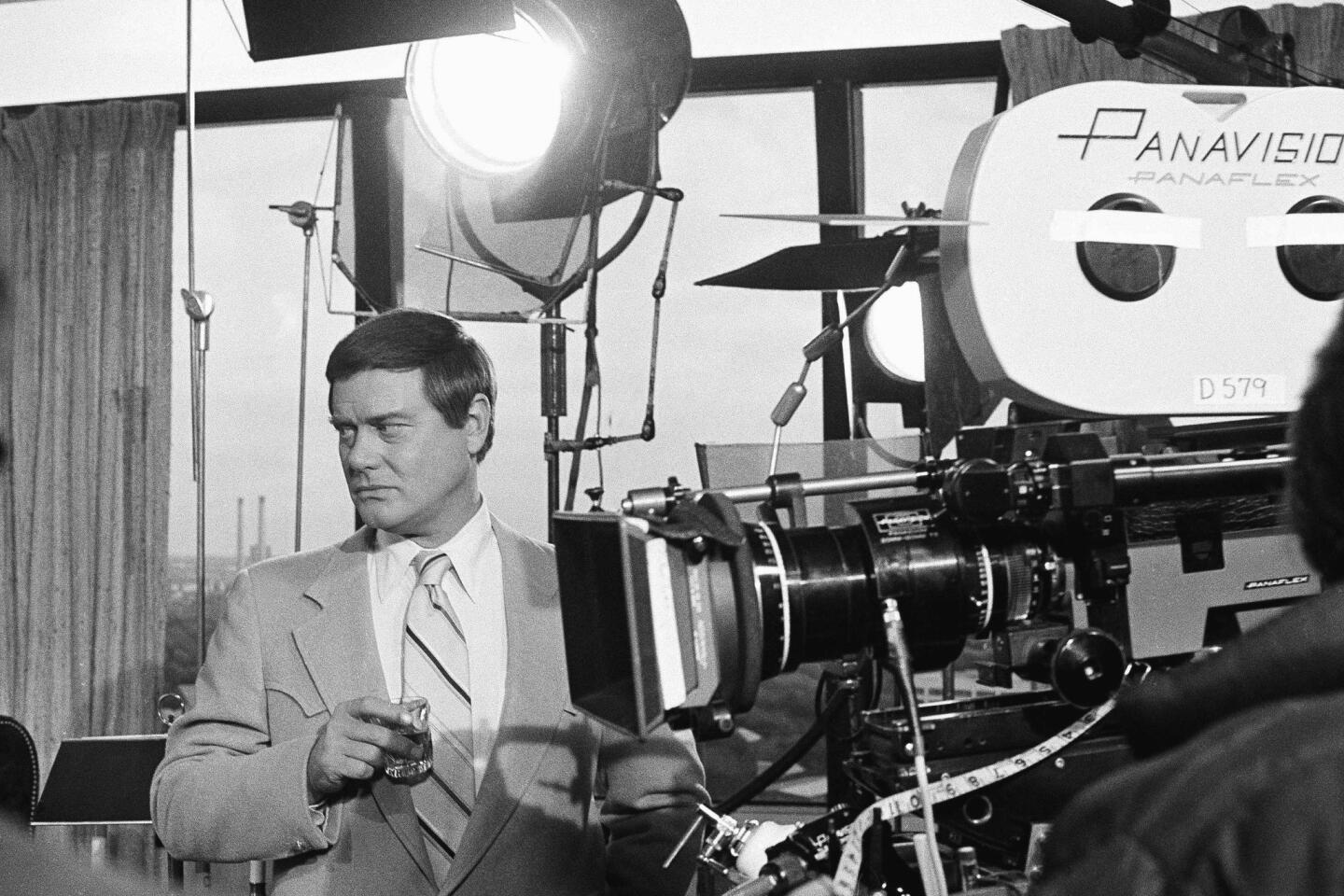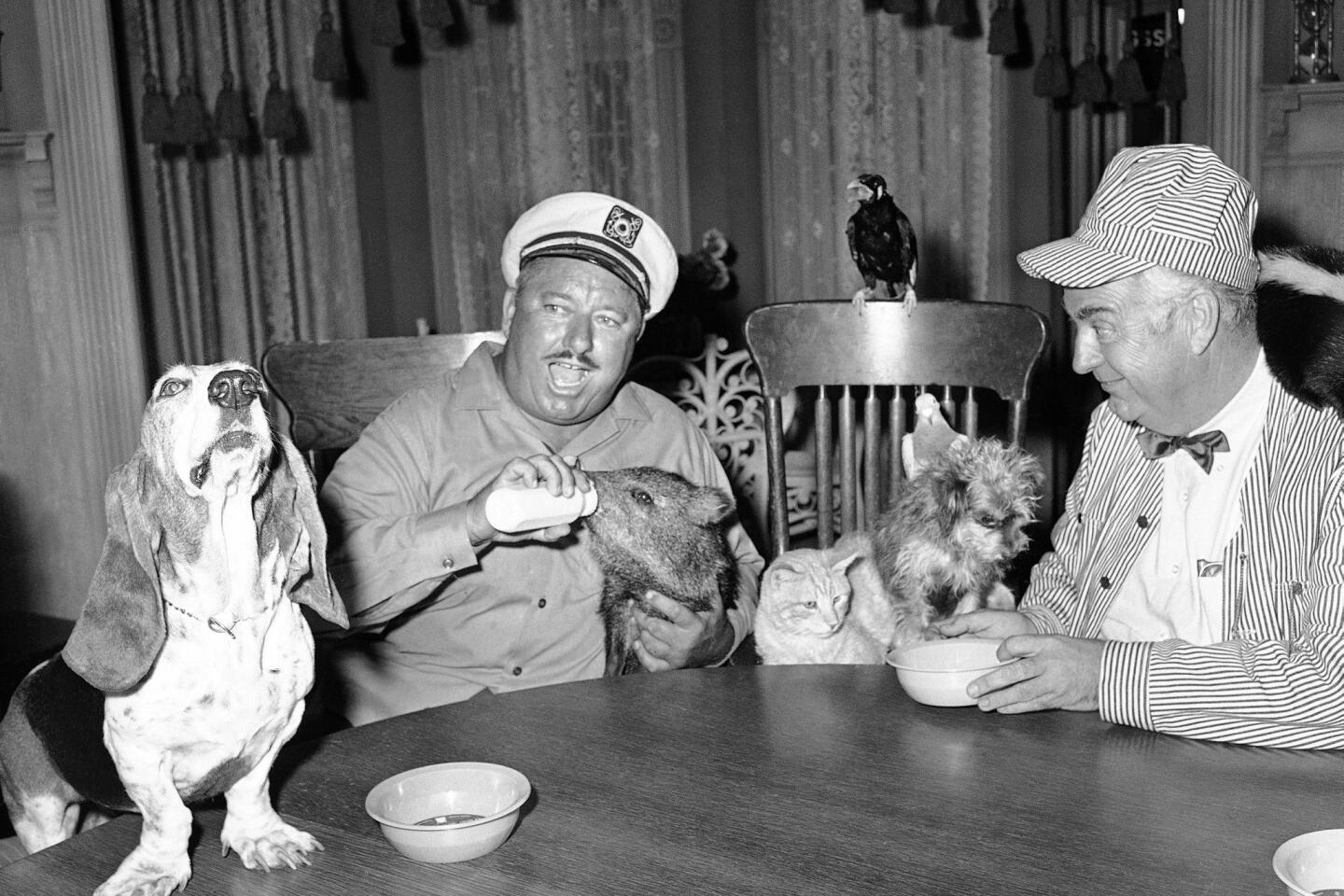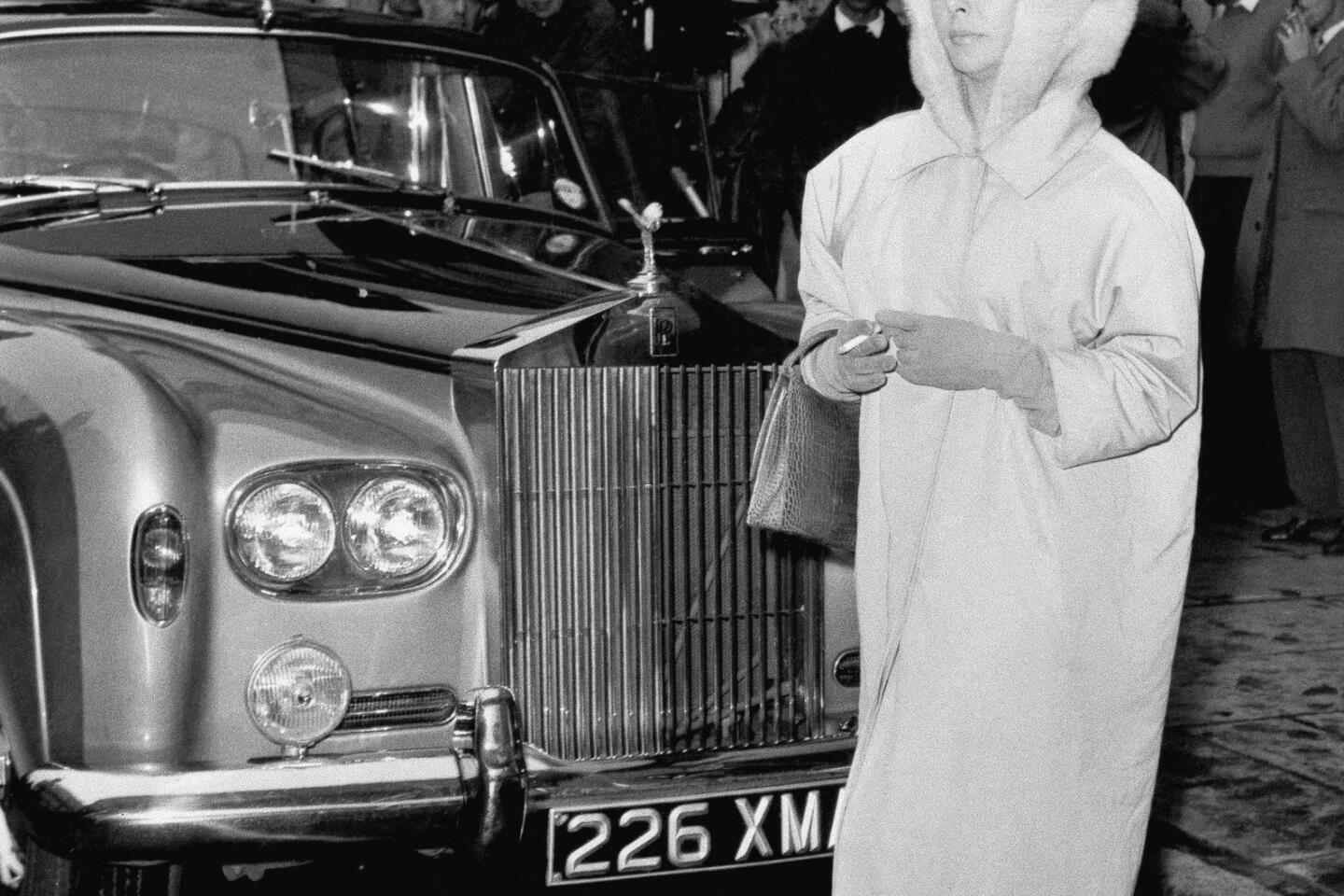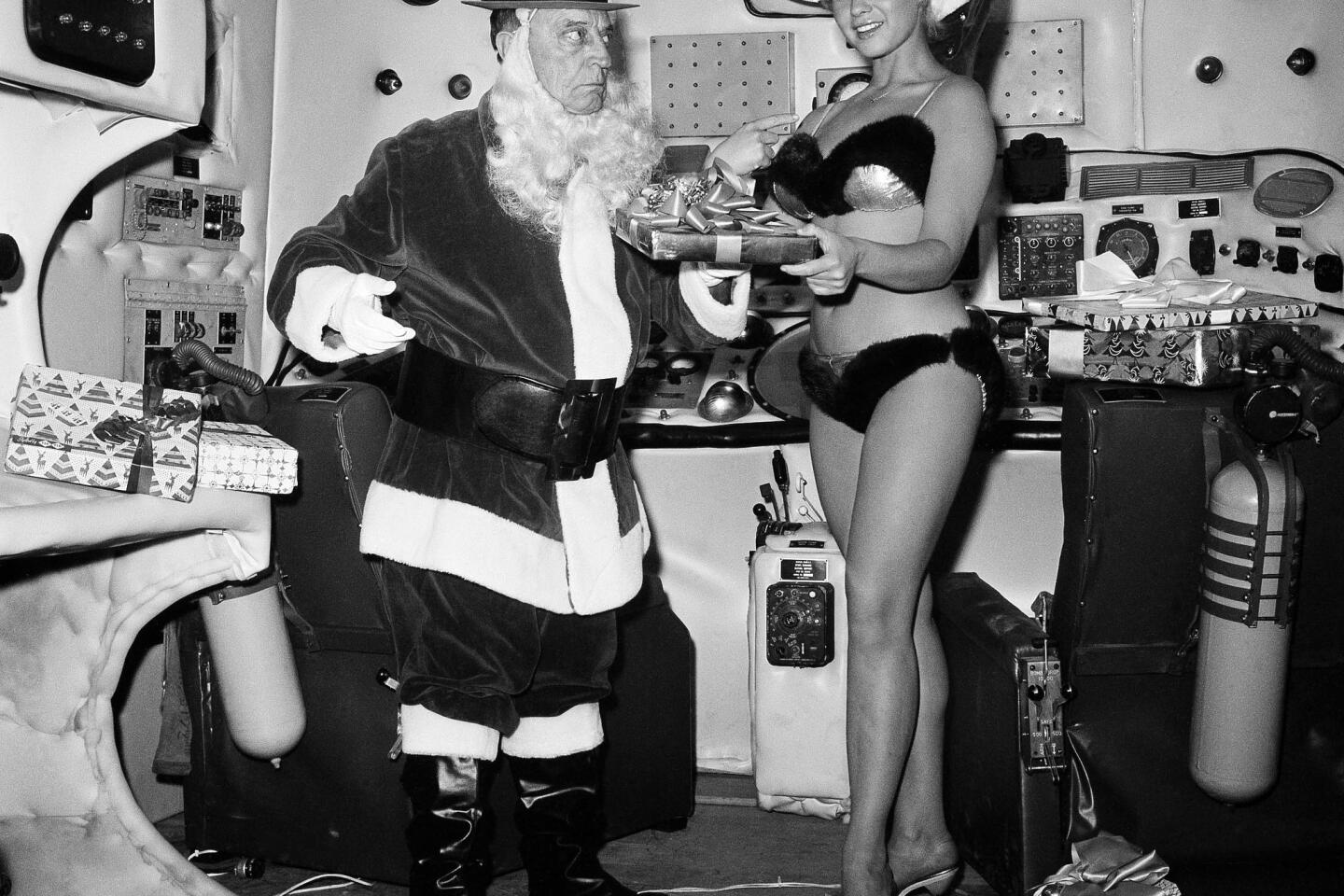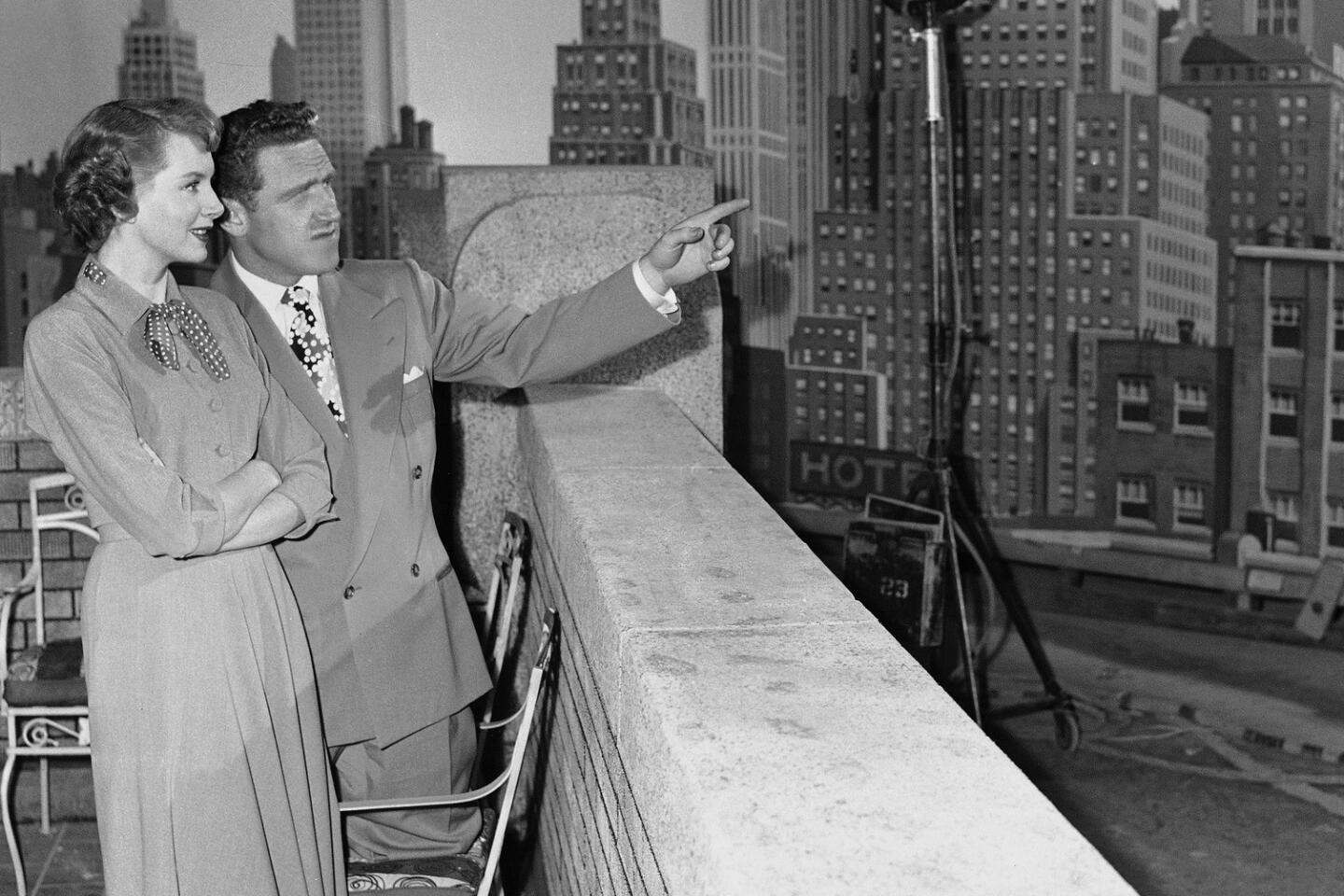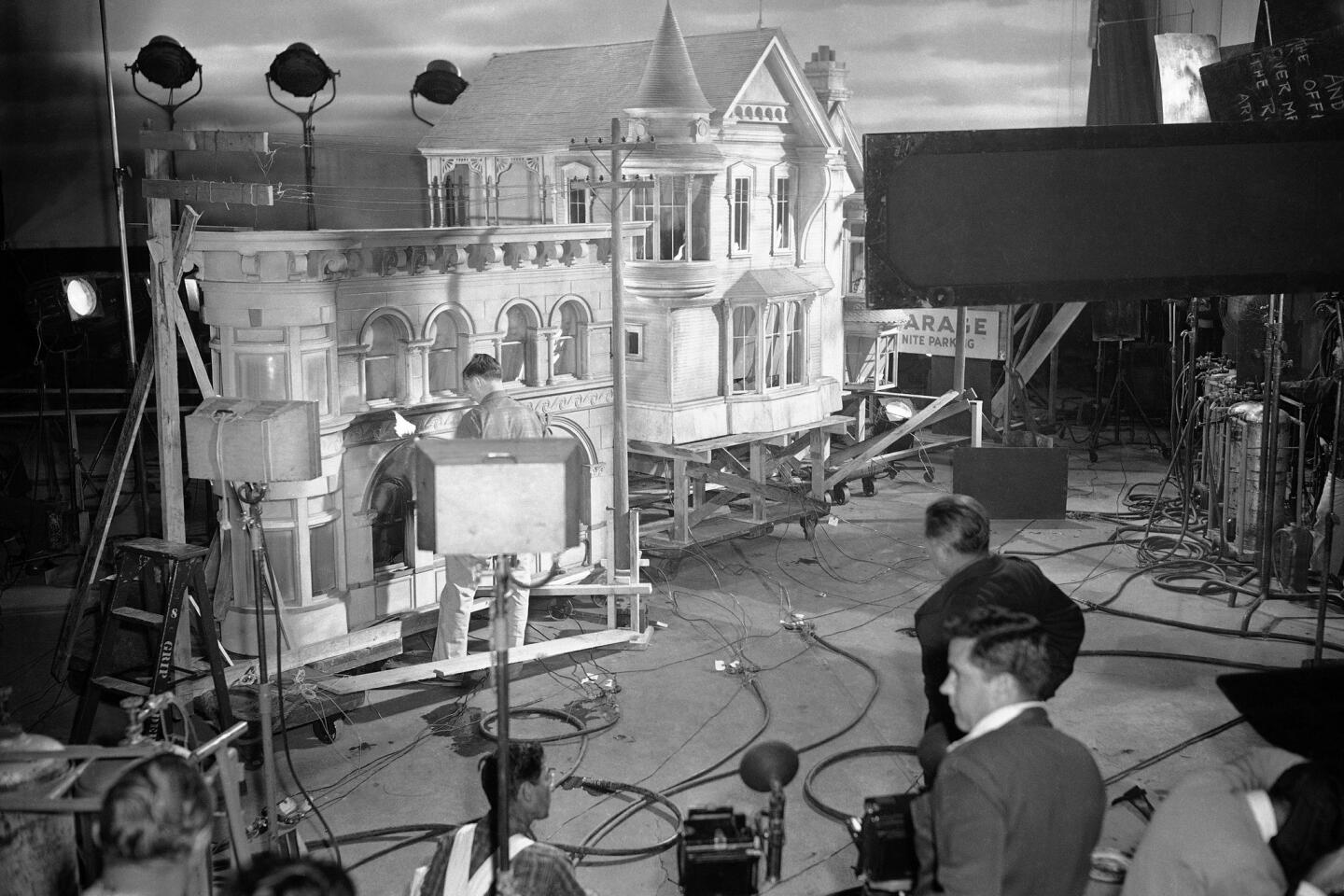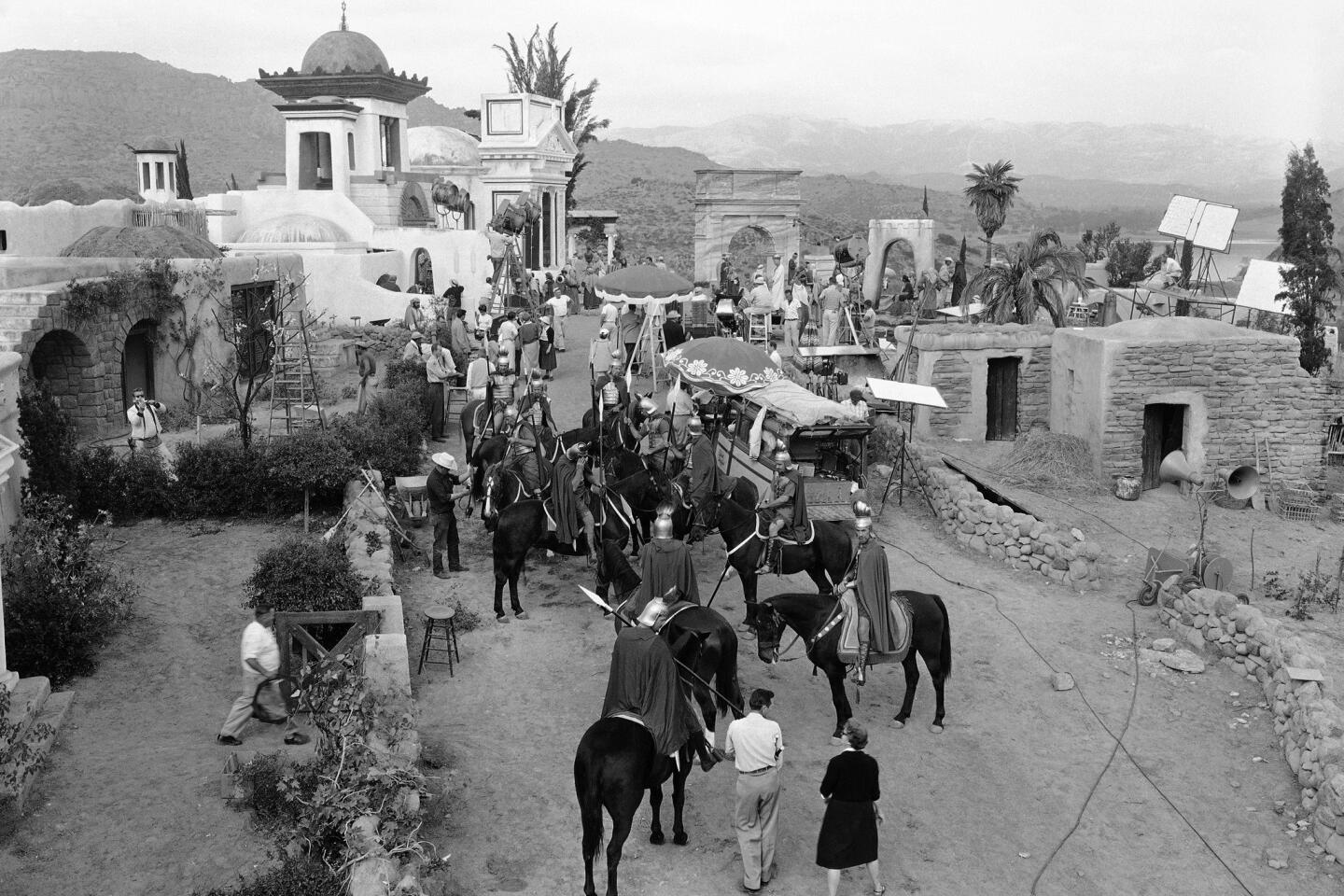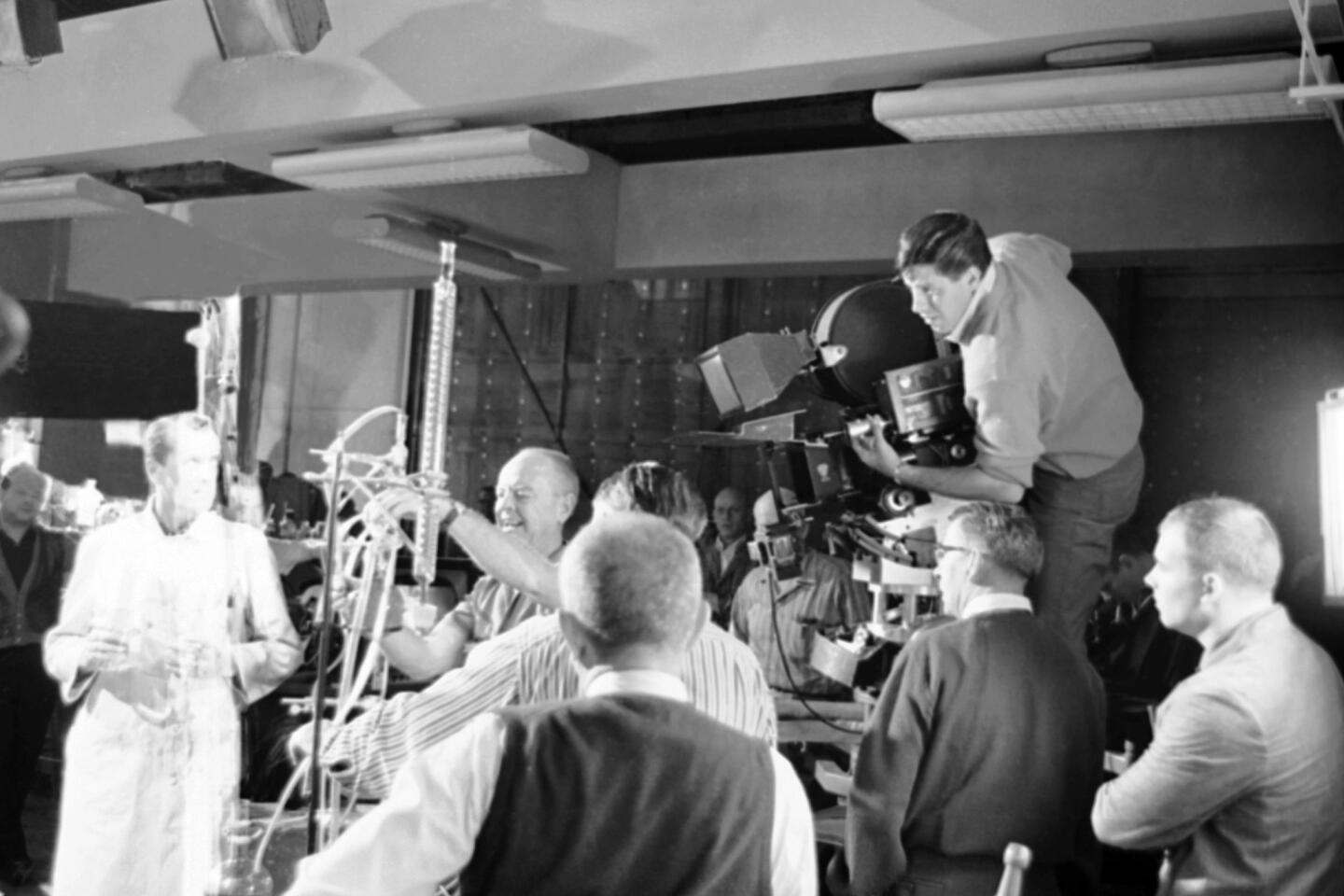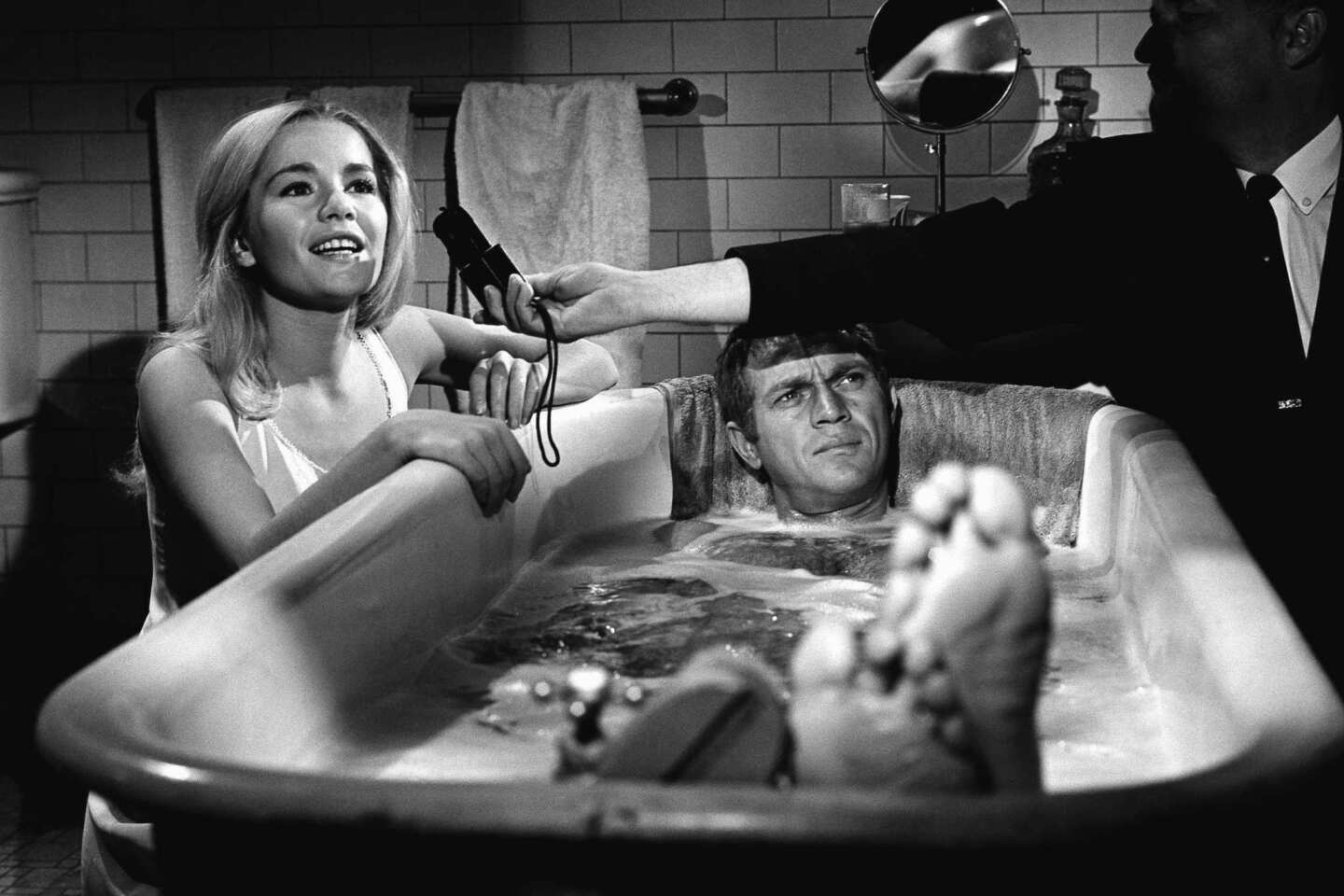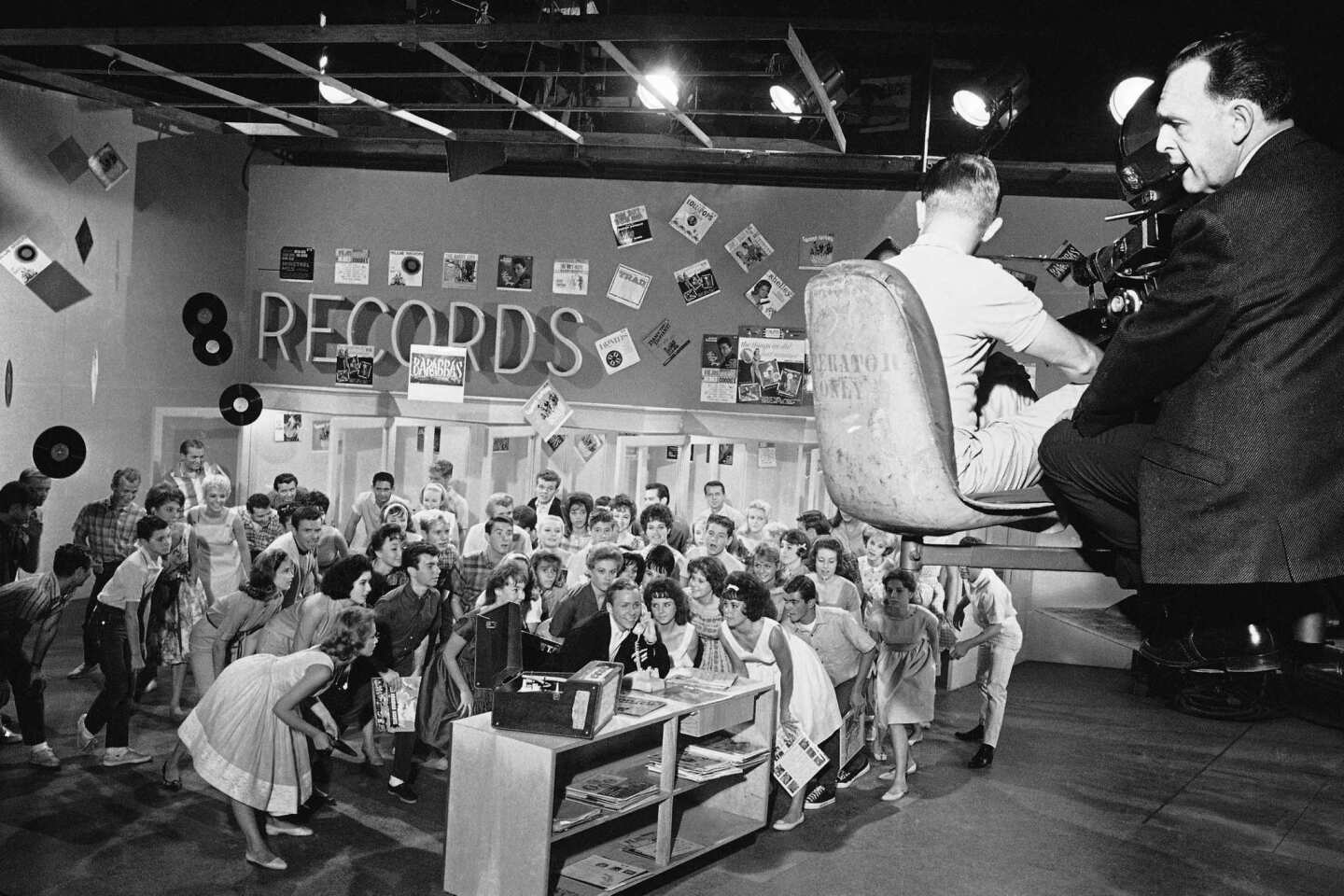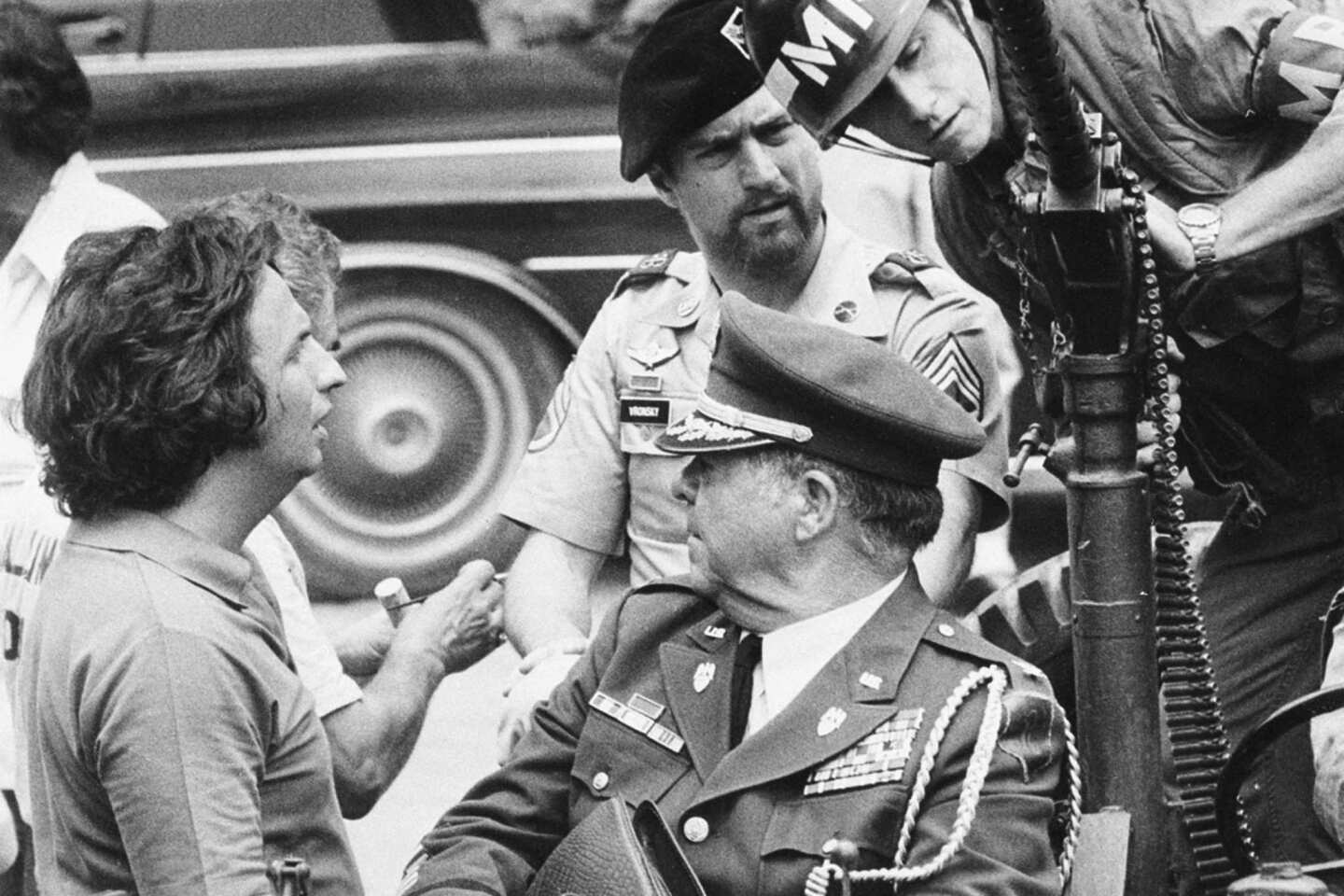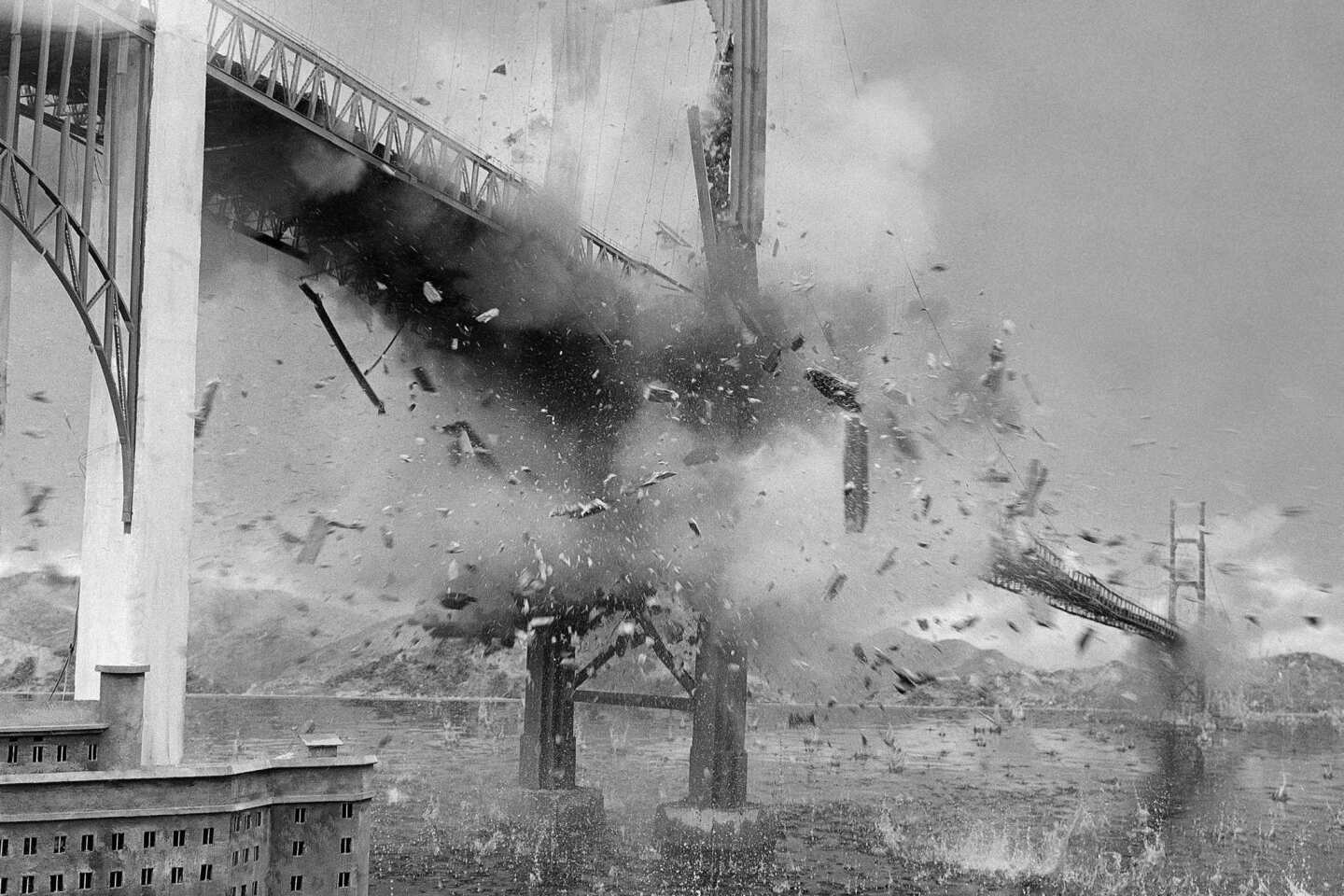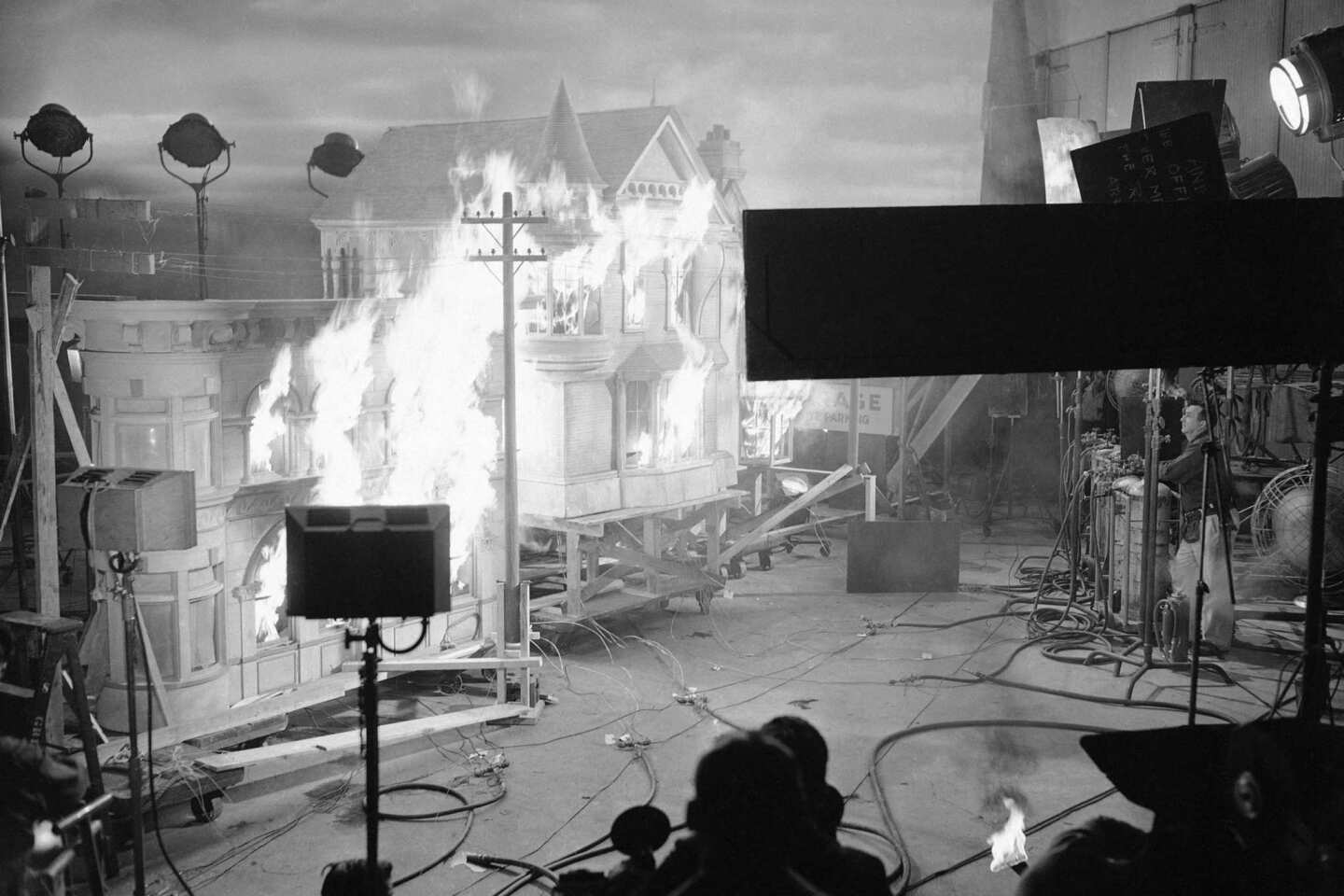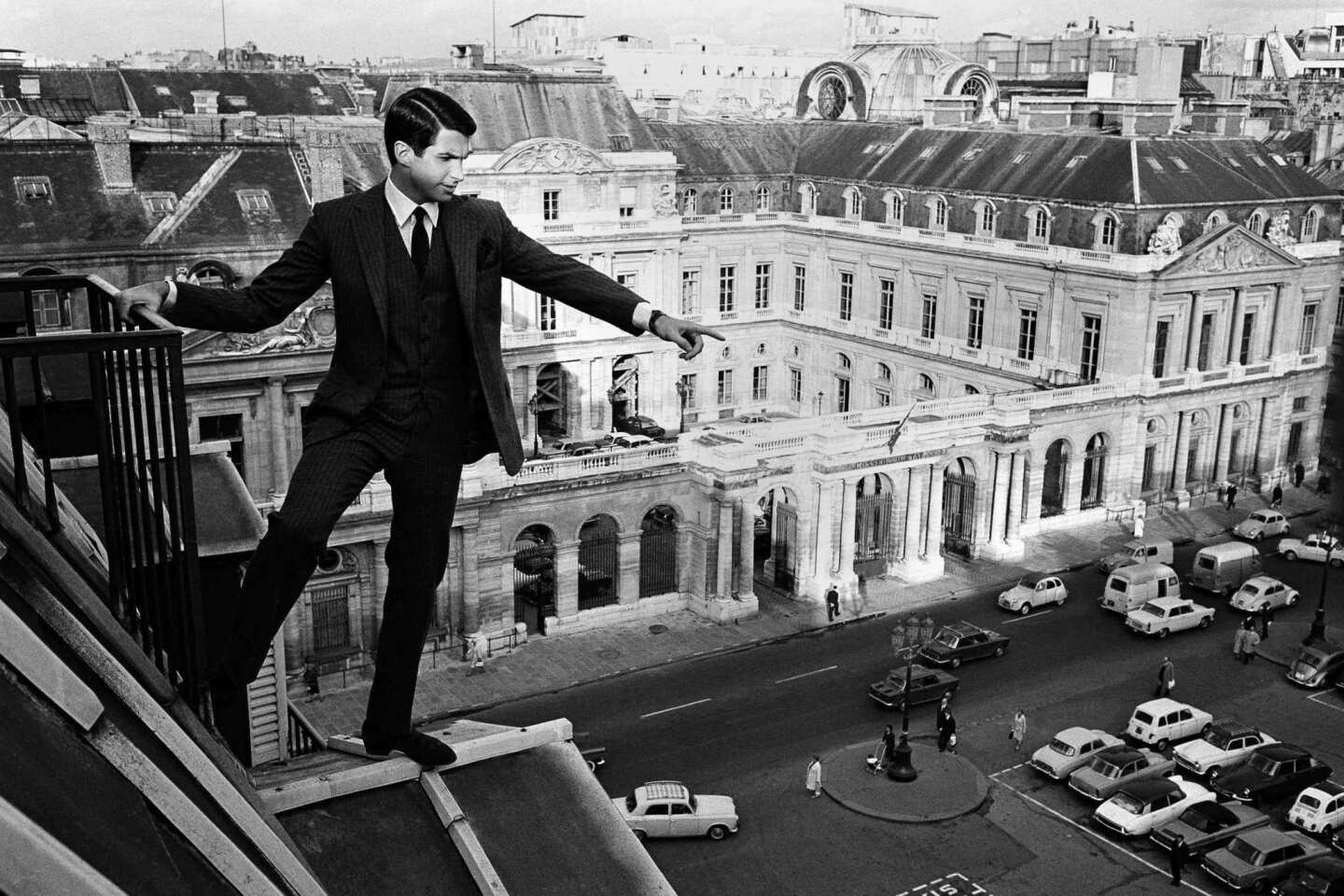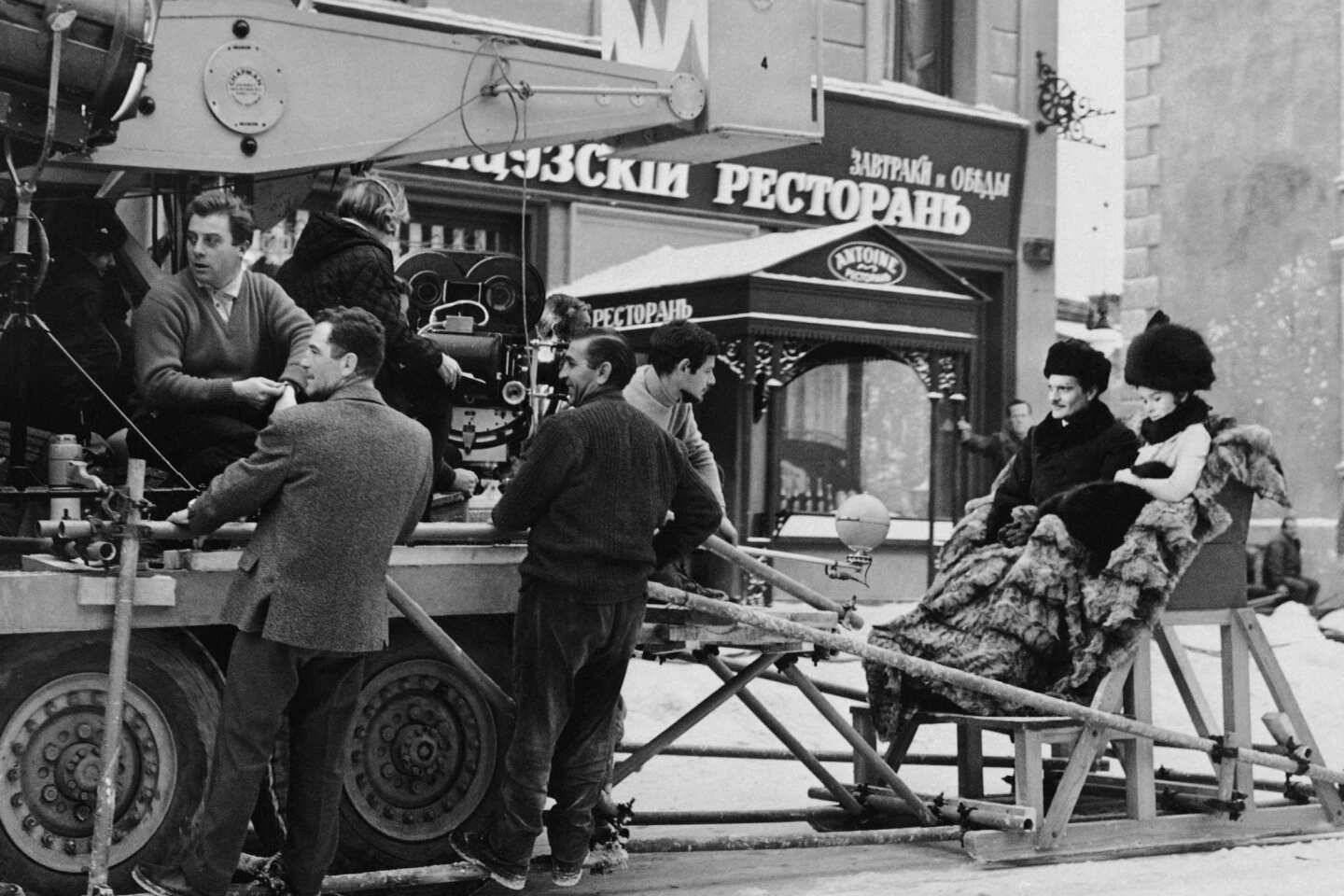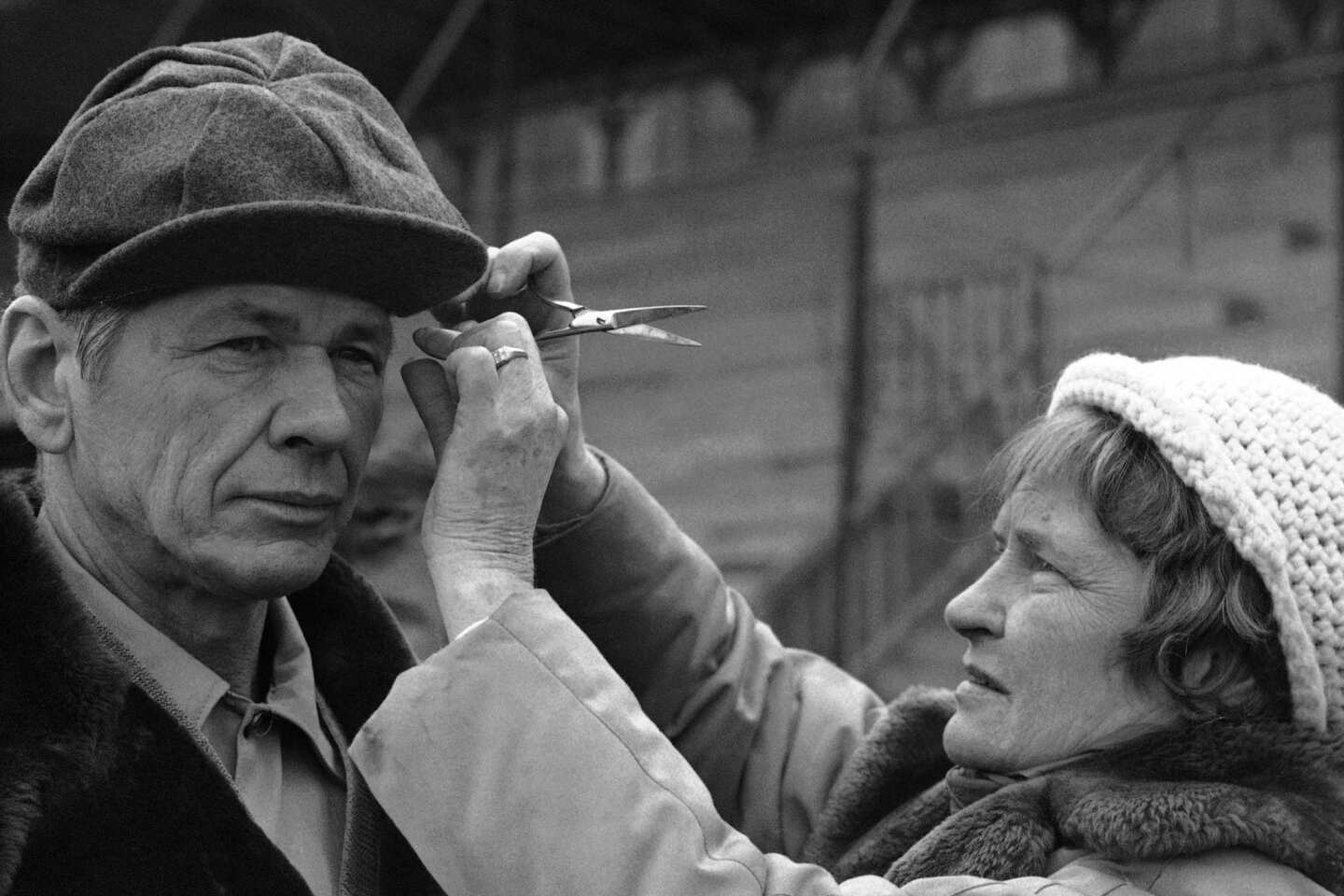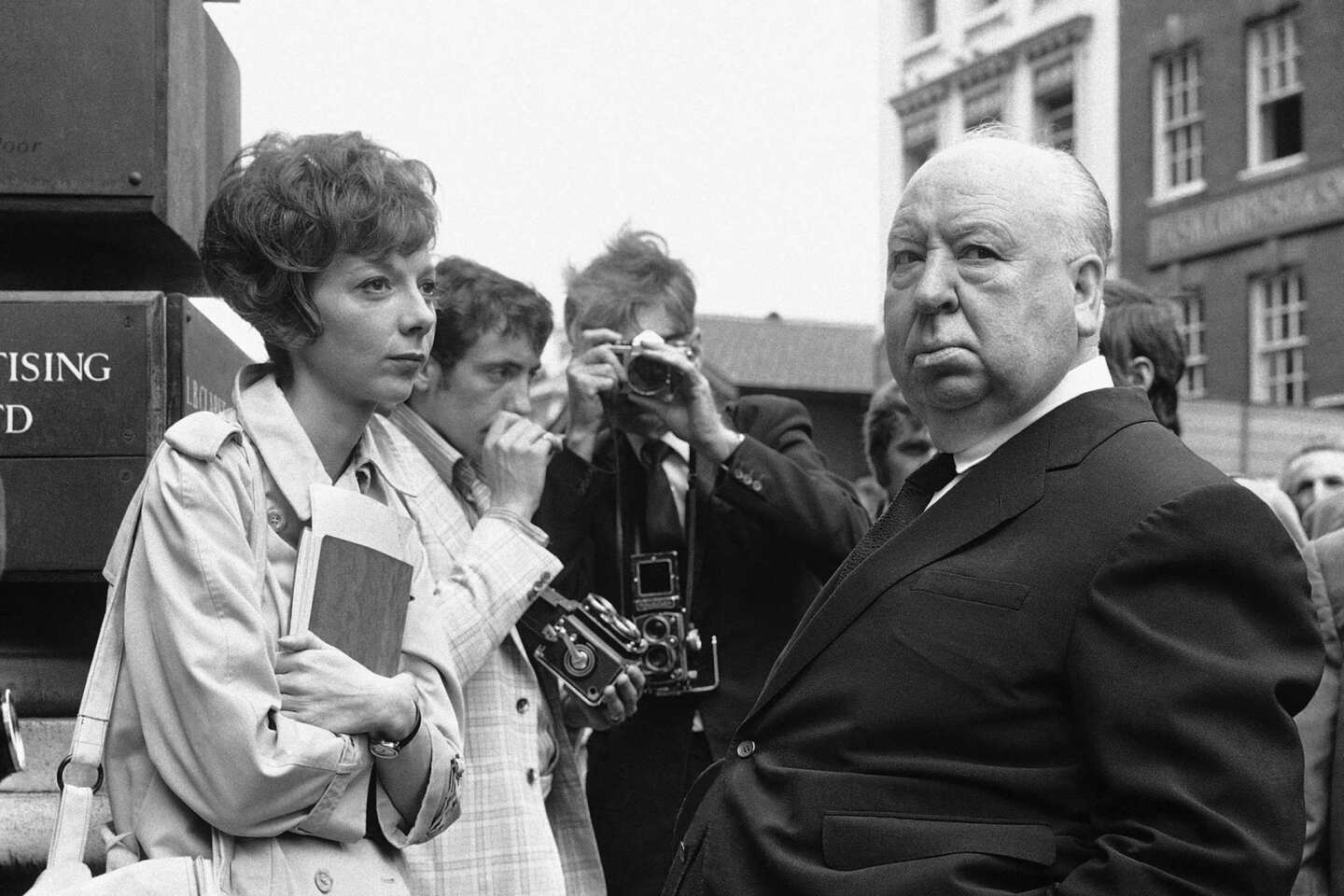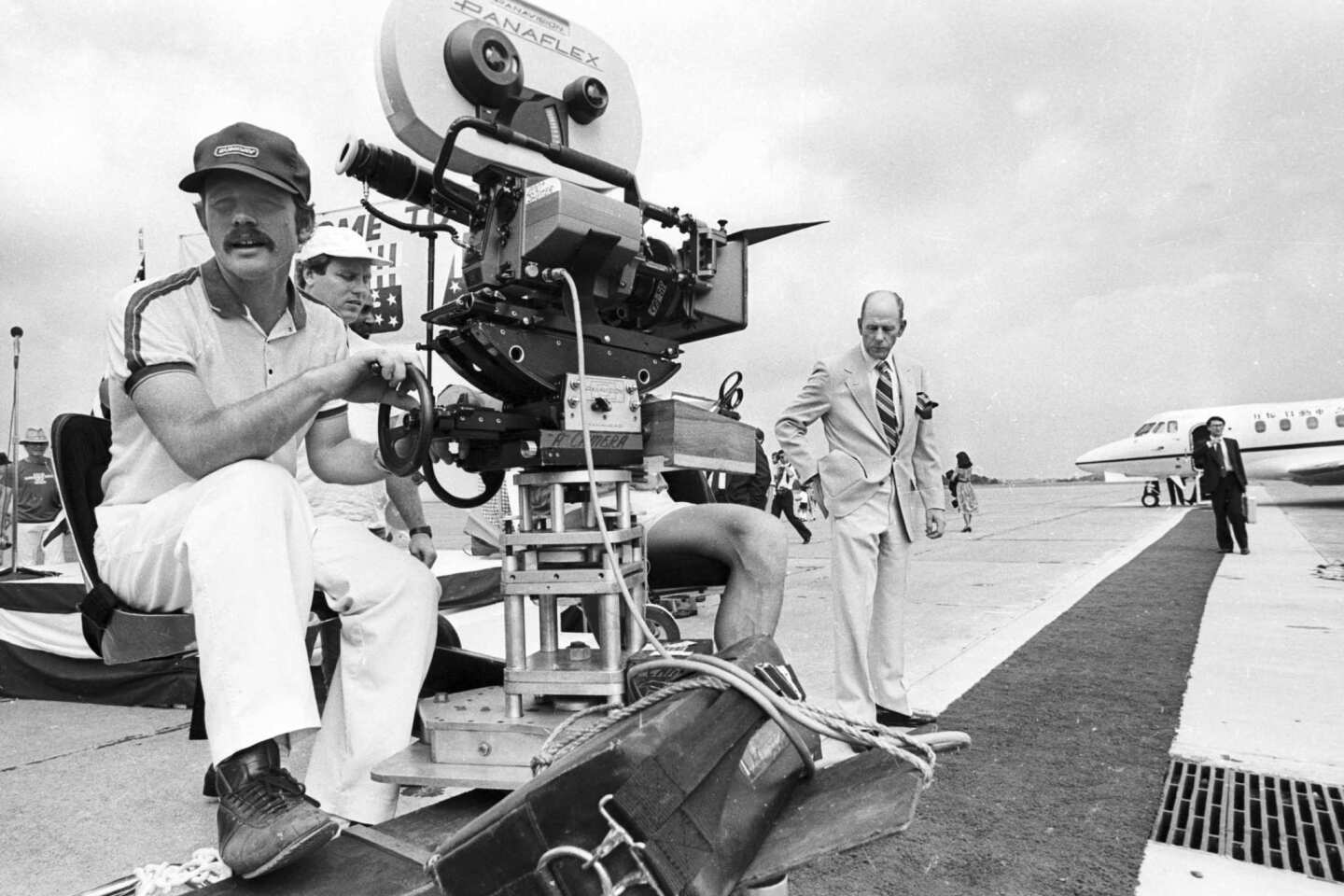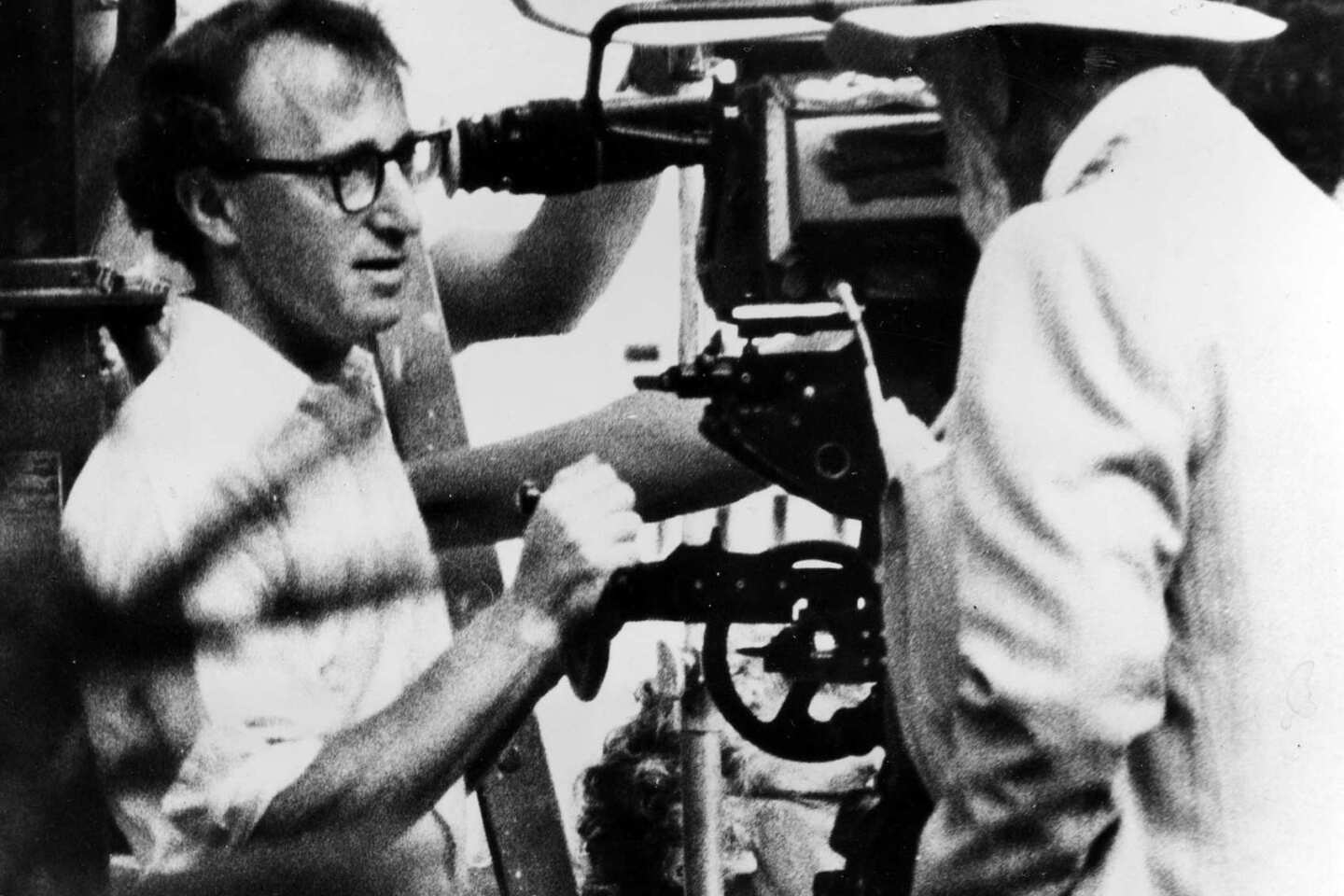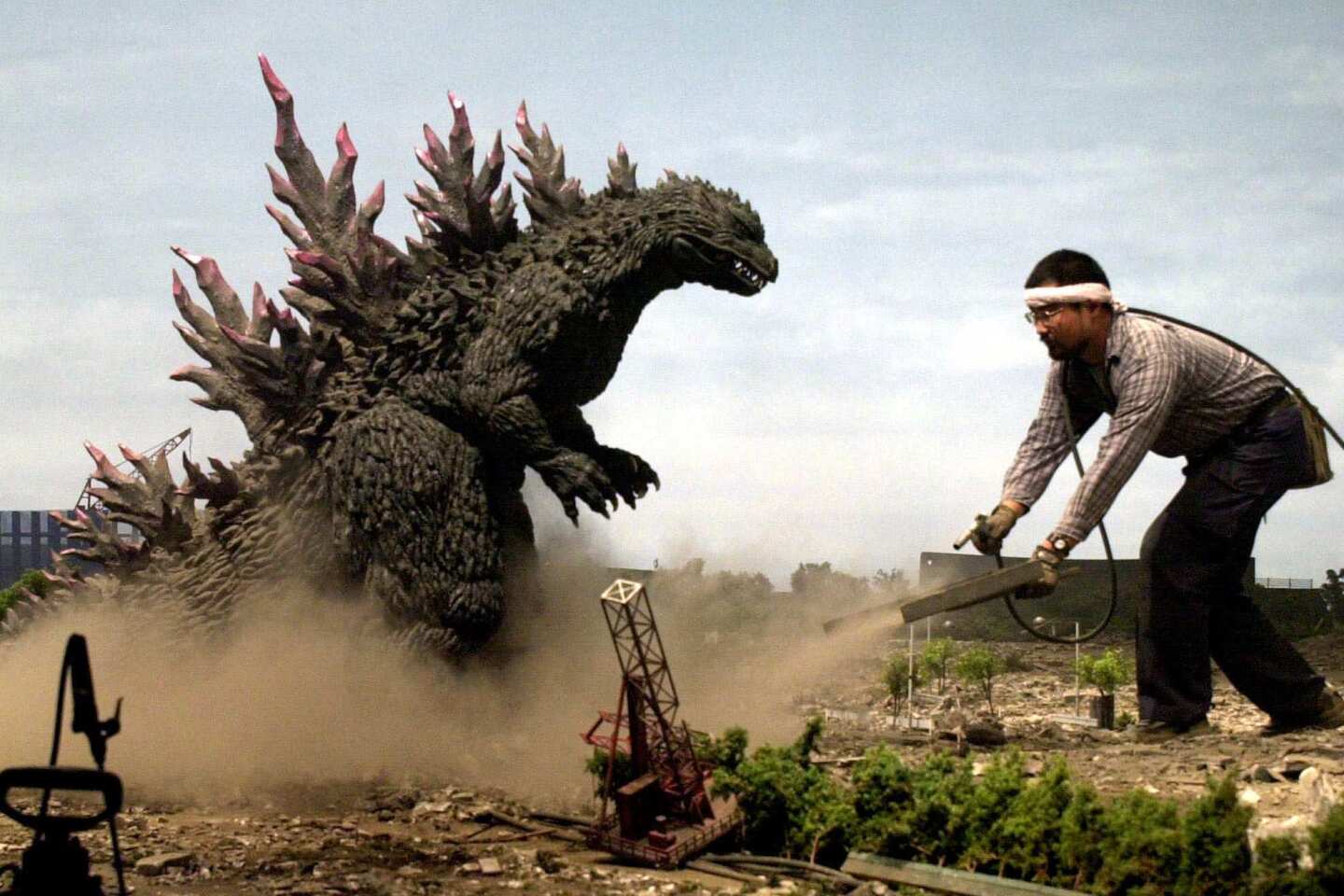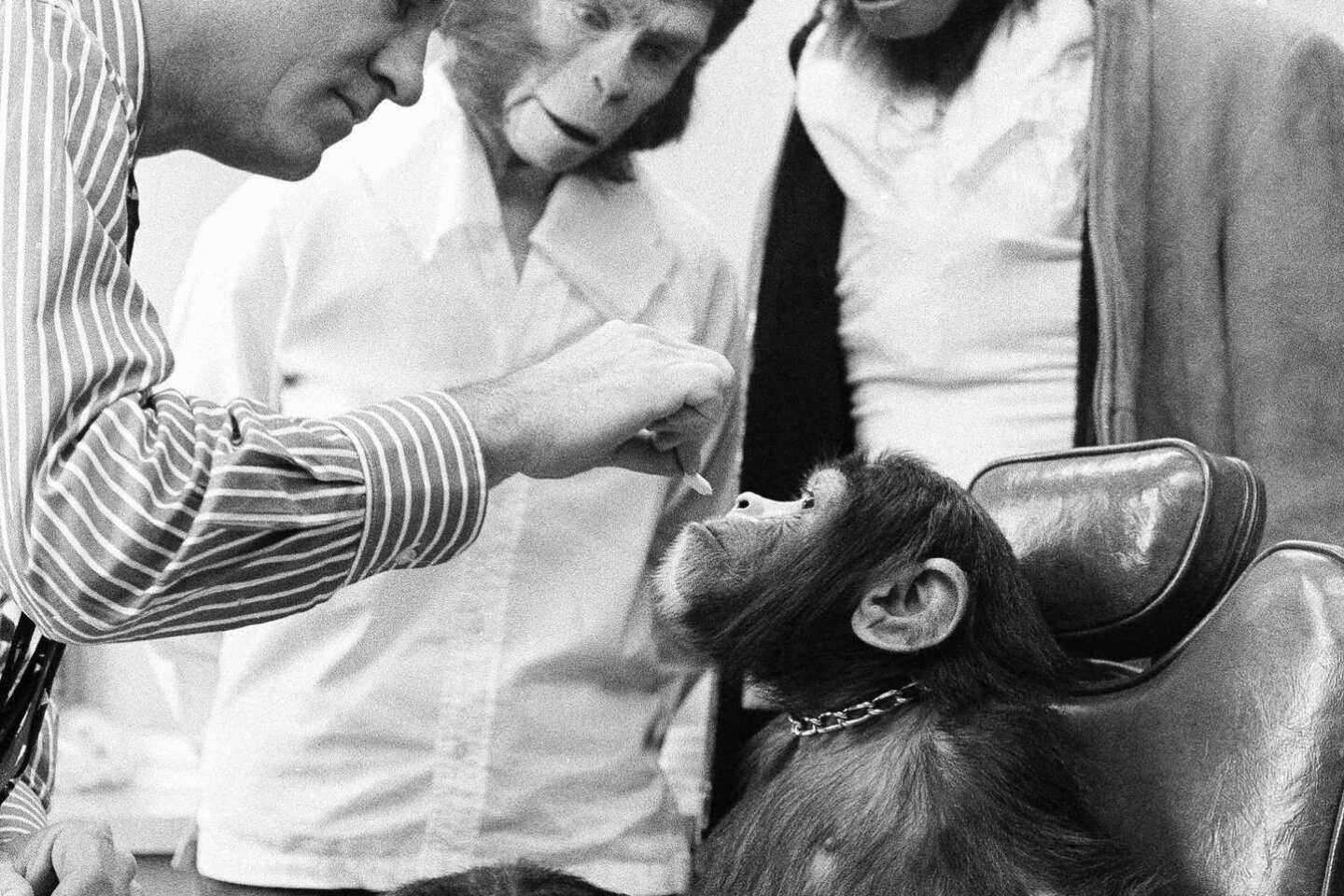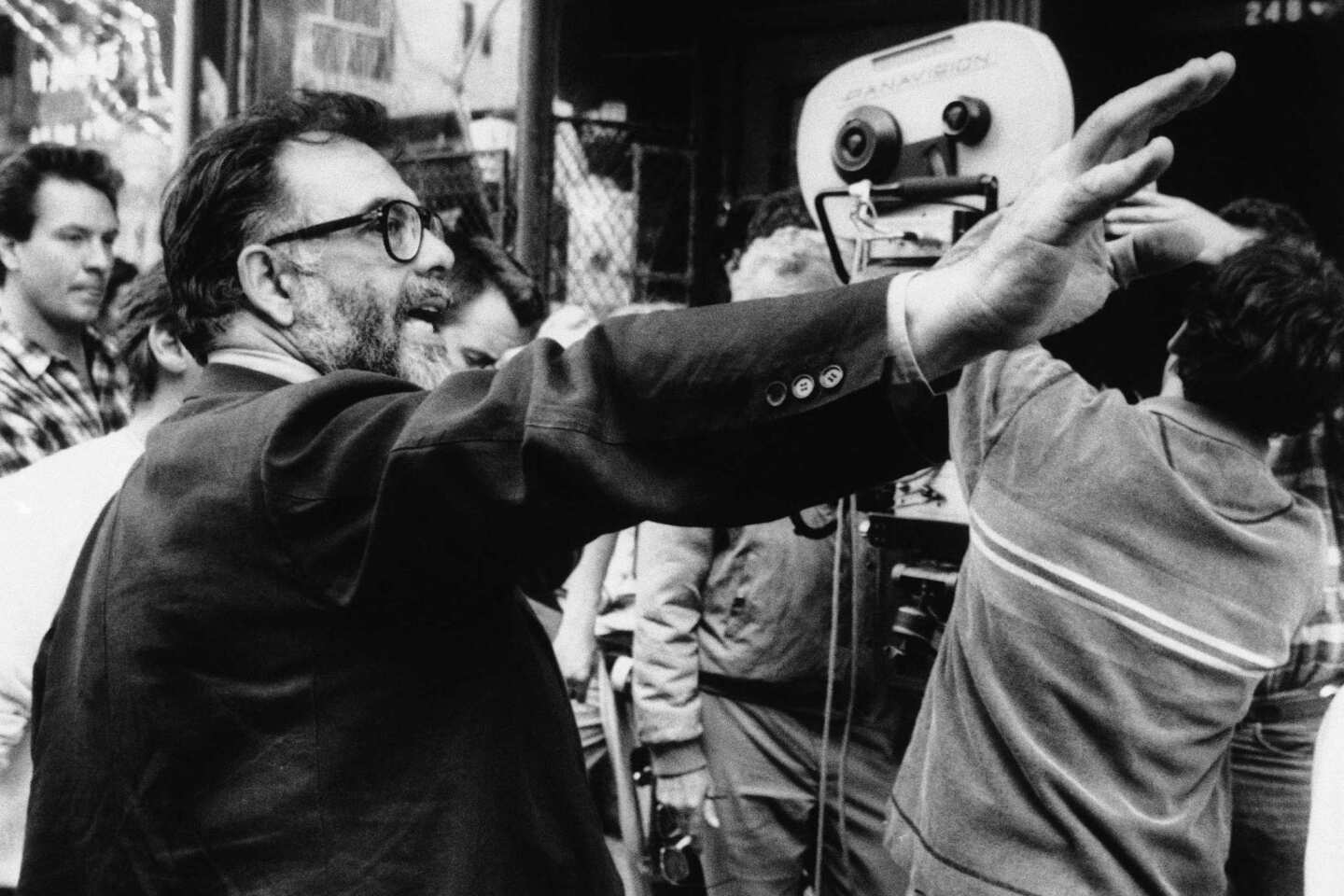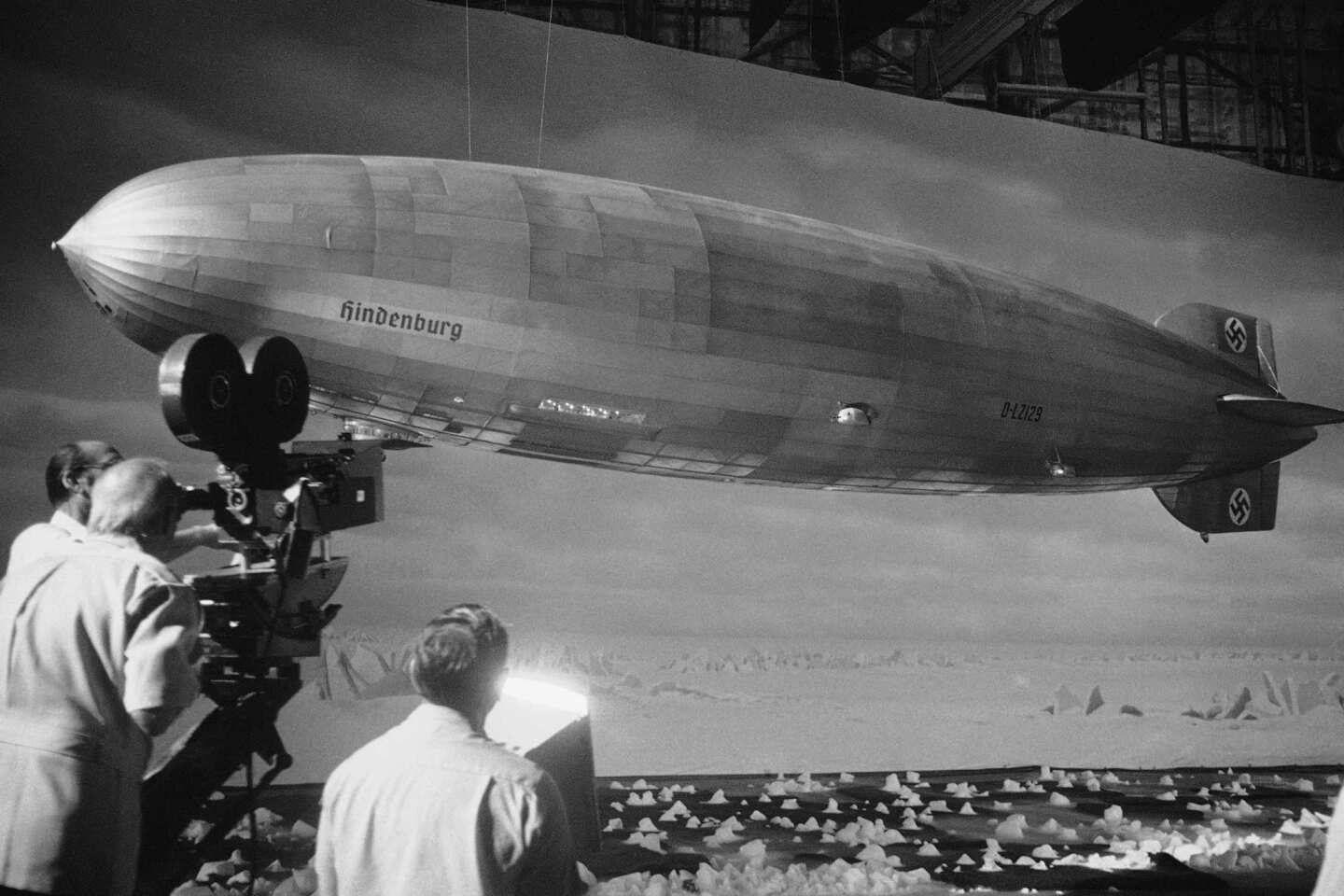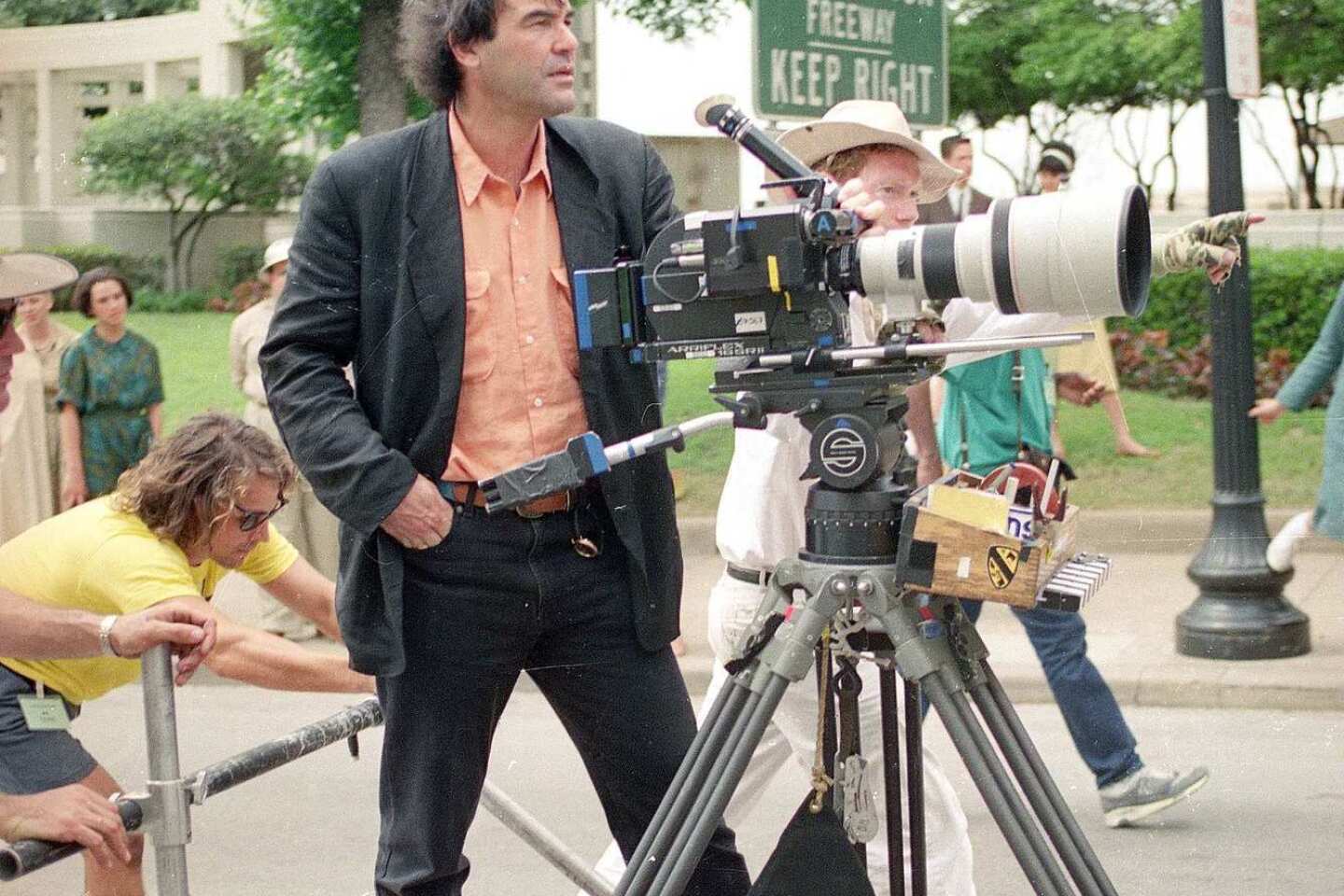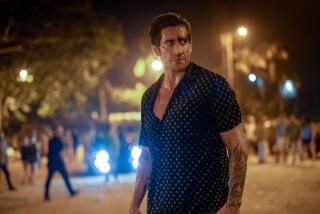John Badham on moving a film in a good direction
In a directing career that has spanned four decades, John Badham has had more than his share of hits, including 1977’s “Saturday Night Fever,” for which John Travolta earned his first Oscar nomination, as well as 1983’s “Blue Thunder,” 1986’s “Short Circuit” and 1987’s “Stakeout.”
On Tuesday night, he’ll be appearing at the 30th anniversary screening of one of his biggest blockbusters, “WarGames,” at the Landmark Regent Theatre in Westwood. Nominated for three Academy Awards, the witty, edge-of-your-seat thriller made Matthew Broderick a star as a teenage computer whiz who nearly causes World War III. Film critic-historian Stephen Farber hosts the event, which also features Oscar-nominated screenwriters Lawrence Lasker and Walter Parkes and star Dabney Coleman.
Badham, 74, is still directing, helming episodes of such series as USA’s “Psych” and CW’s “Nikita,” and he also leads Chapman University’s directing program in the Graduate Conservatory of Motion Pictures. In 2006, he wrote, with Craig Modderno, “I’ll Be in My Trailer: The Creative Wars Between Directors and Actors.”
PHOTOS: Behind-the-scenes Classic Hollywood
His newest book is “John Badham on Directing,” a candid and entertaining primer on the psychological, technical and managerial elements that go into directing a movie or TV series. The book also features interviews with such actors as James Woods and Richard Dreyfuss and directors Brett Ratner, Donald Petrie, D.J. Caruso and Martha Coolidge.
Badham recently talked about “WarGames” and his new book by phone from his Beverly Hills home.
What are your memories of “WarGames”? Was it a fun shoot for you?
It was a good shoot. I think everything started out in a little bit of chaos because I was the second director.
Had they already started shooting when you come on board?
They had shot for a couple of weeks. I think the producers and MGM and [United Artists] decided they were not happy with the tone of the way it was going. My friend, [producer] Leonard Goldberg, contacted me and said, “Can you tell me where you think we are going wrong?” That developed into me coming in and moving on the picture. But once I got in there, I think I understood a good tone for it and we had fun doing it.
What type of changes did you make?
I moved one actor from being a general in a big war room to second in command. Minor changes. The picture was just brilliantly prepared, but it just needed a bit of tweaking.
SNEAKS: Movie trailers, full coverage
Did you ever have to replace a director before?
“WarGames” was the first time coming into one that had already started. I had come into “Saturday Night Fever” [before it started filming] because there had been a parting of the ways. I had been talking to Robert Stigwood, the producer, about another project. Then suddenly, the next thing I knew I was being switched over — quite happily, I might add, because the script on “Saturday Night Fever” was unbelievably good, as was the script of “WarGames.”
Well, on “WarGames” you had Walter Parkes and Larry Lasker.
Well, they had been rewritten by some other writers. King Vidor, one of the great old directors, told me that when Victor Fleming came in to take over “Gone With the Wind,” his first request was that “I need to read everybody’s script.” Apparently, there was a huge stack of scripts. So my first question [on “WarGames”] was, “I need to read all of these scripts.” I looked at Lasker and Parkes’ and I said, “Wait a second, this is really good.” I called them up and said, “Guys, come help me here. We are going to do a lot of work.” They were thrilled to come back in and tweak dialogue and story points that probably had frustrated them earlier for being rewritten.
In your book, you talk about the necessity of working with your actors as collaborators. Do you work with actors differently on a TV series than you do in a feature film?
If I come into the show “Nikita” — I have done several of those — the actors know these characters backward and forwards. I am not going to come in and reinvent their characters. I need to tune in to where they are at.
In a film, you, the director, have certain ideas. Then you go out and hire Al Pacino and Goldie Hawn, who just by the nature of their careers are very creative people. They have ideas. My philosophy is that you let them know constantly that you are interested in their opinion.
When a director has a very distinct, clear vision, that is something you should talk about extensively before you start filming, because if you do have disagreements, you can figure them out and resolve them. Sometimes what seems like a big problem turns out to be something very minor.
More to Read
Only good movies
Get the Indie Focus newsletter, Mark Olsen's weekly guide to the world of cinema.
You may occasionally receive promotional content from the Los Angeles Times.
